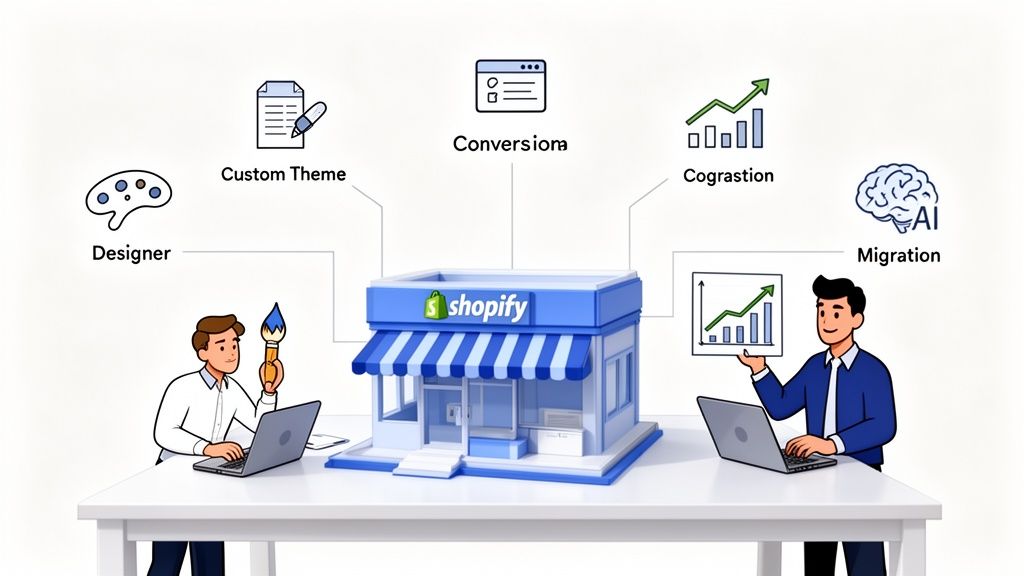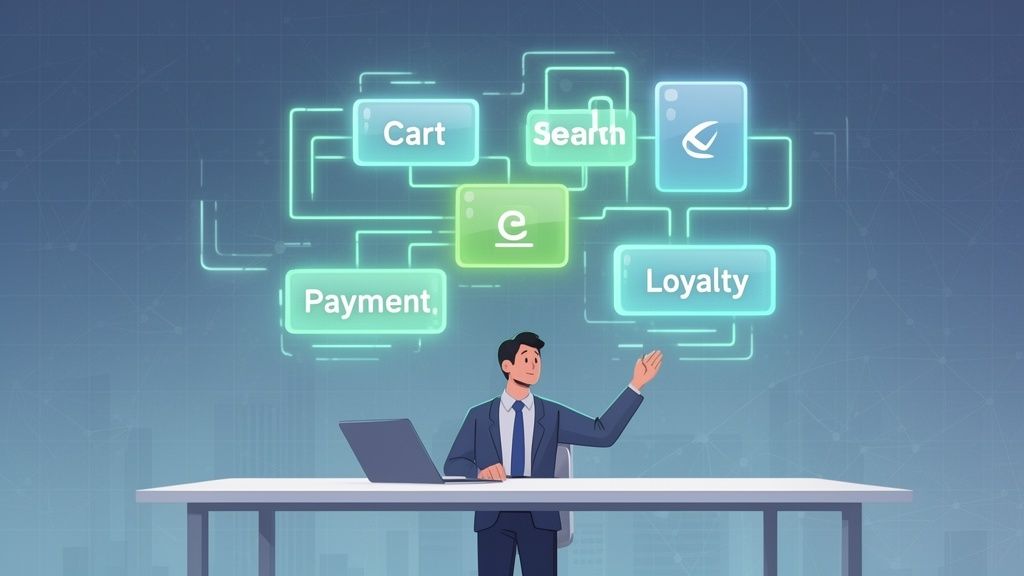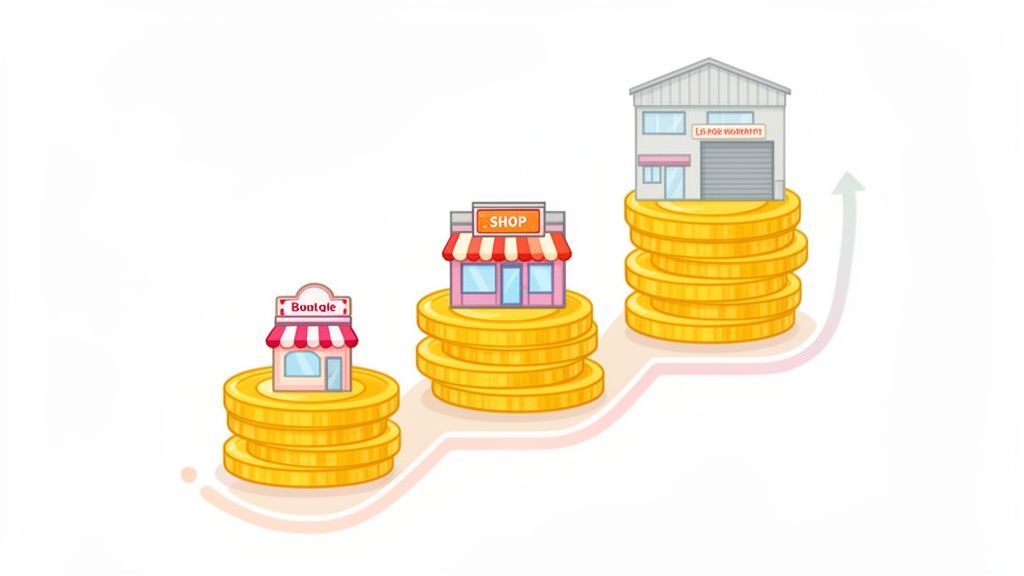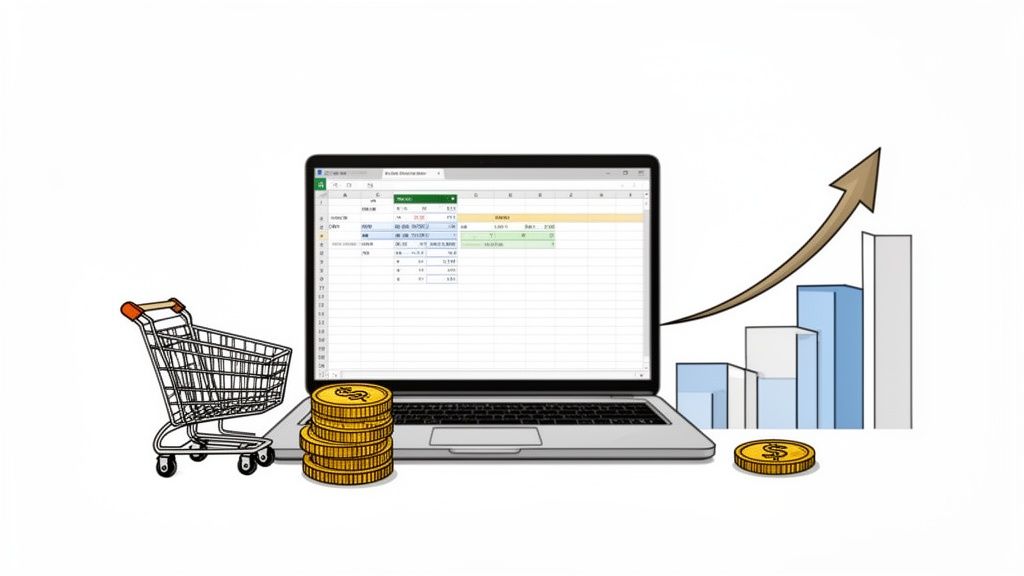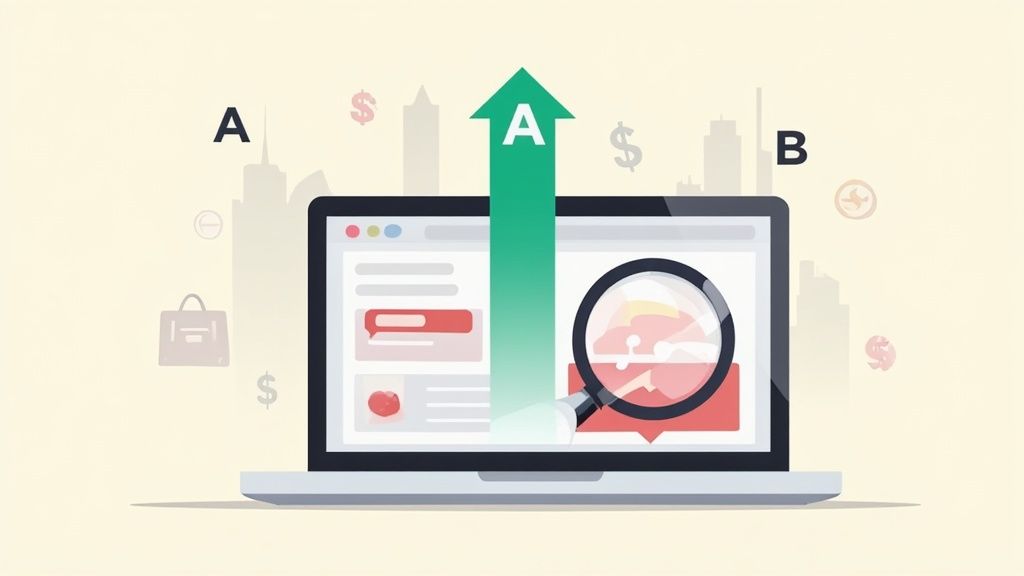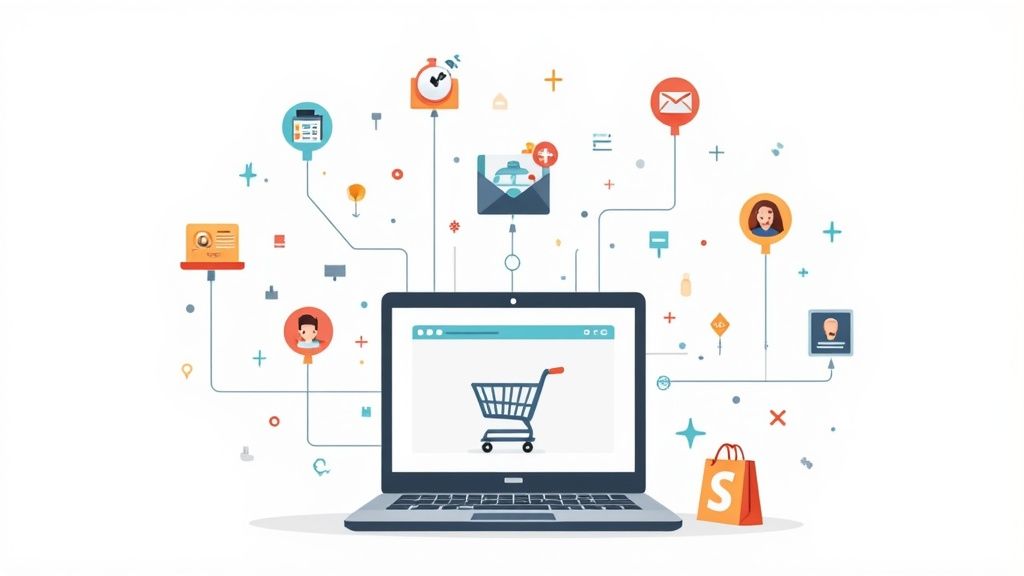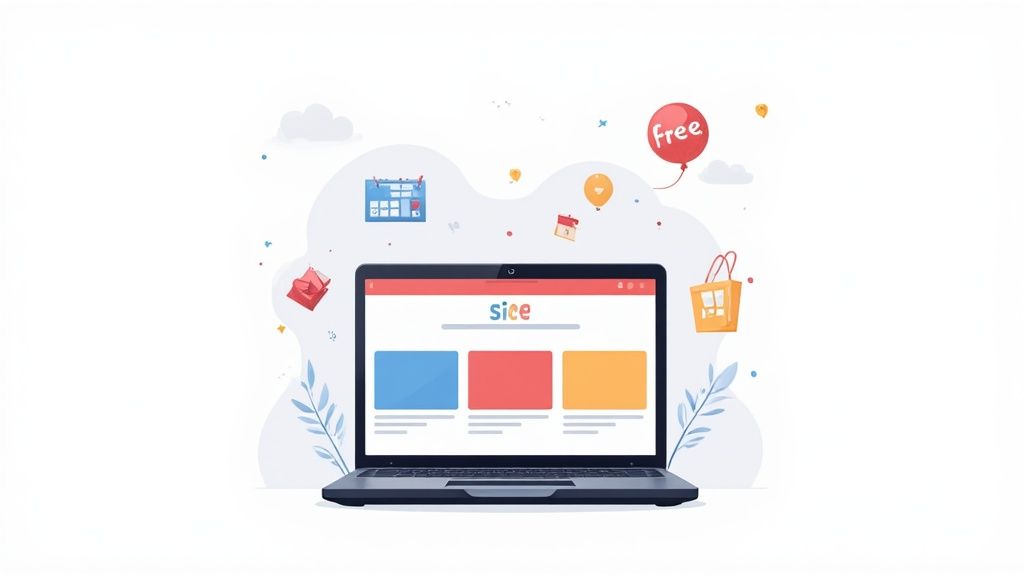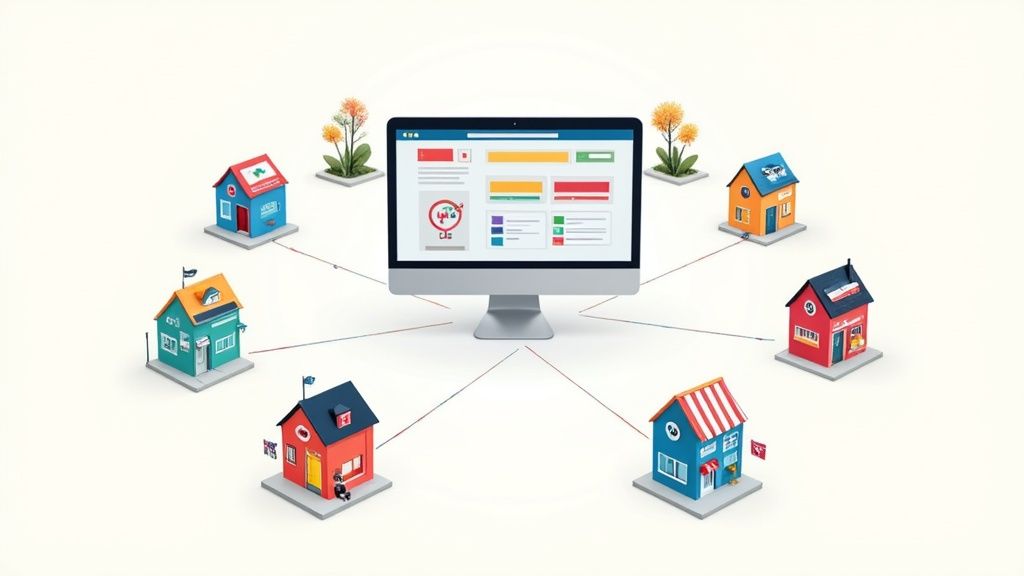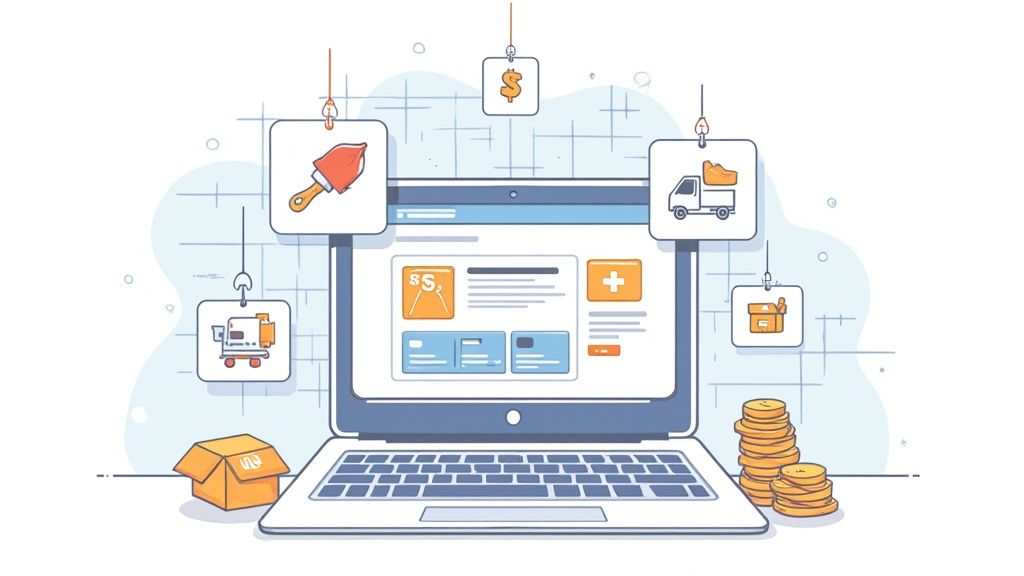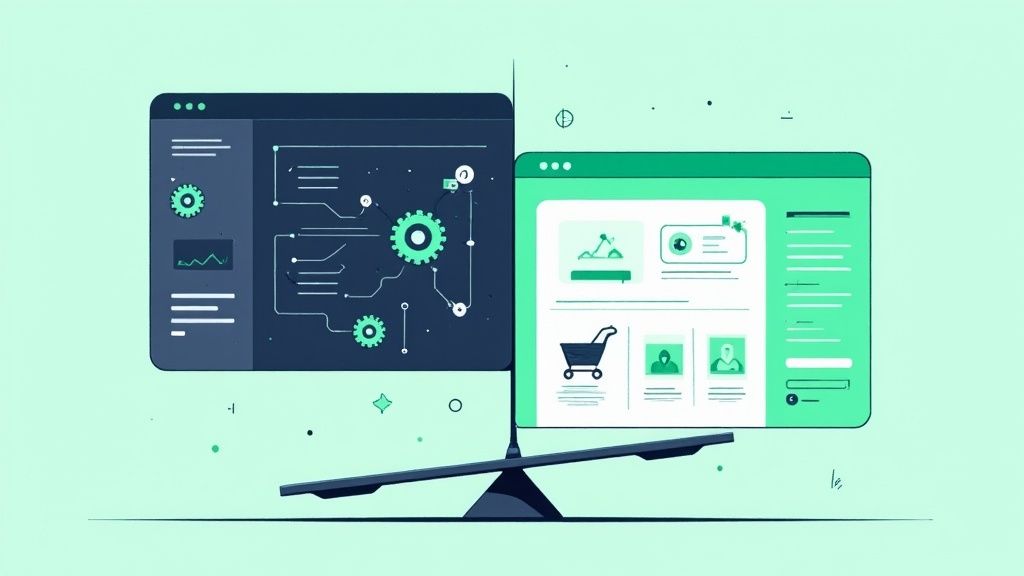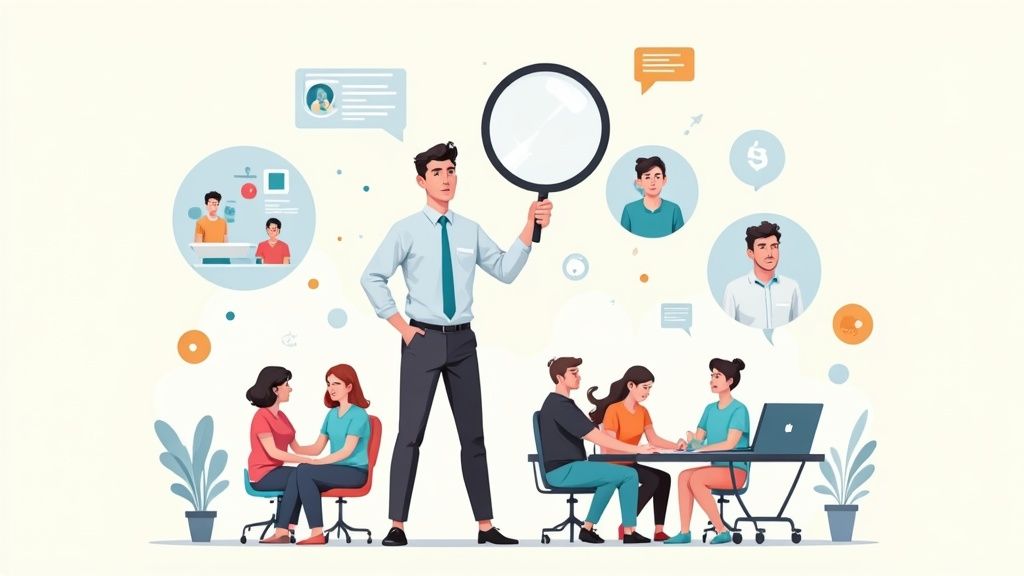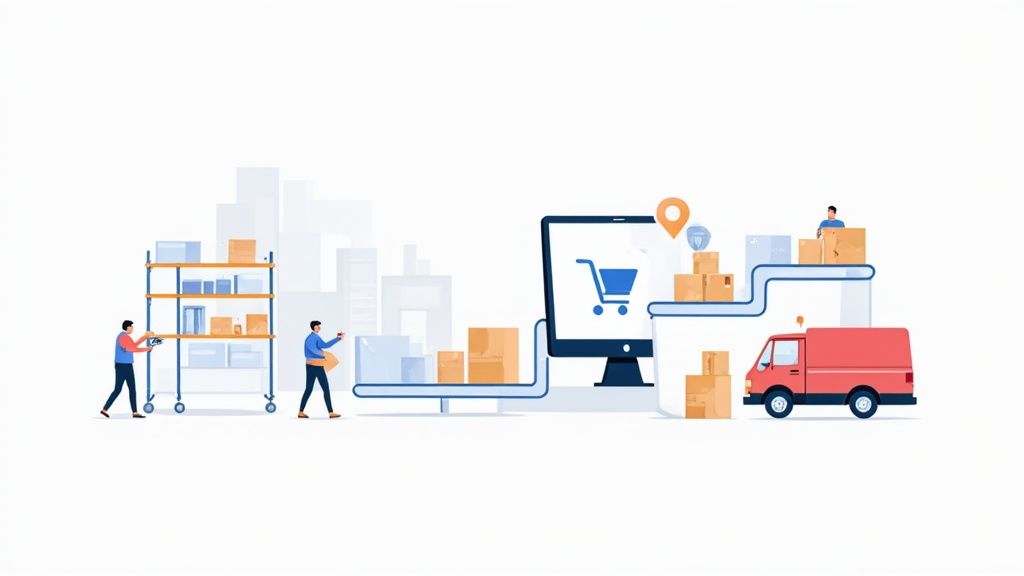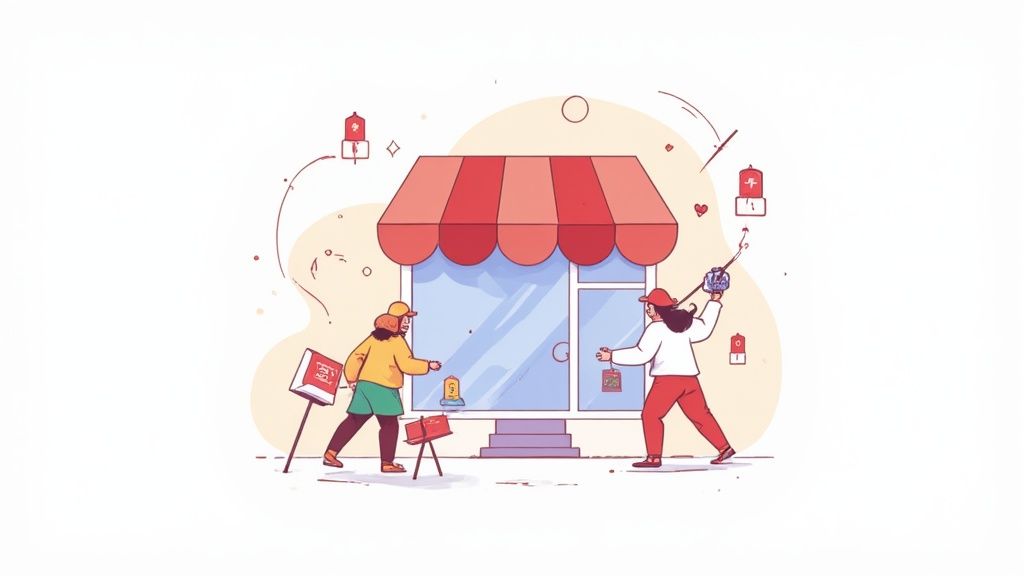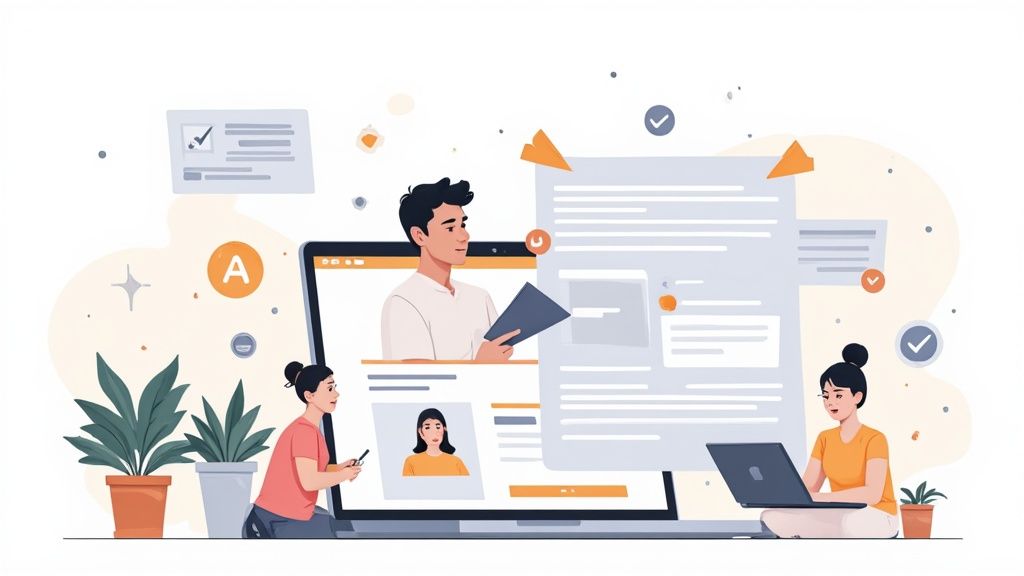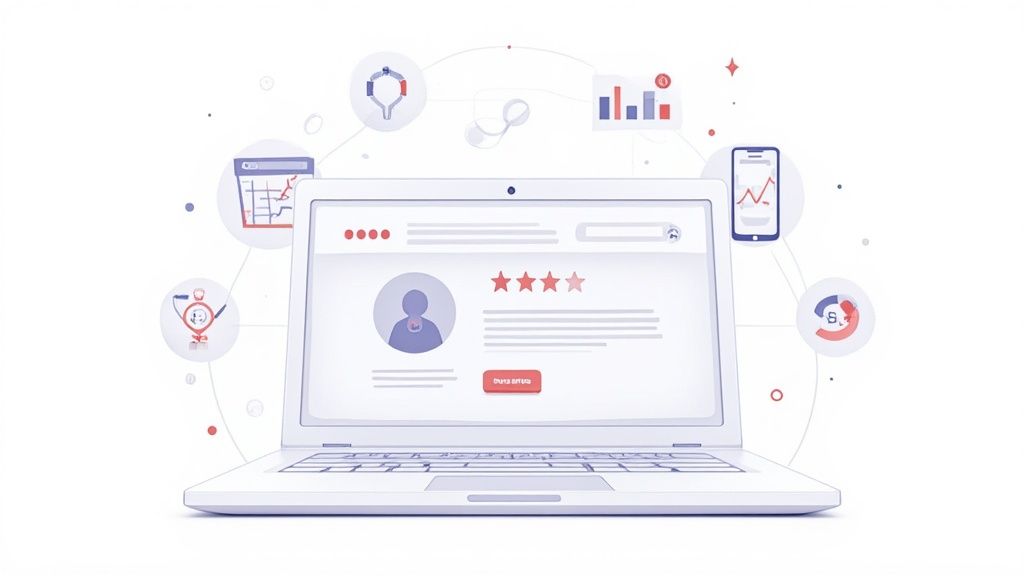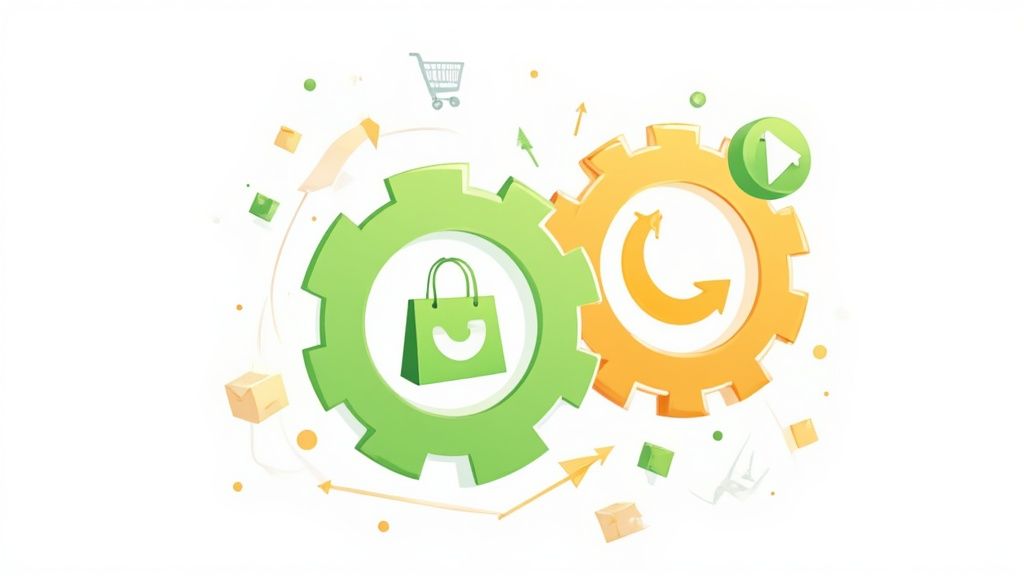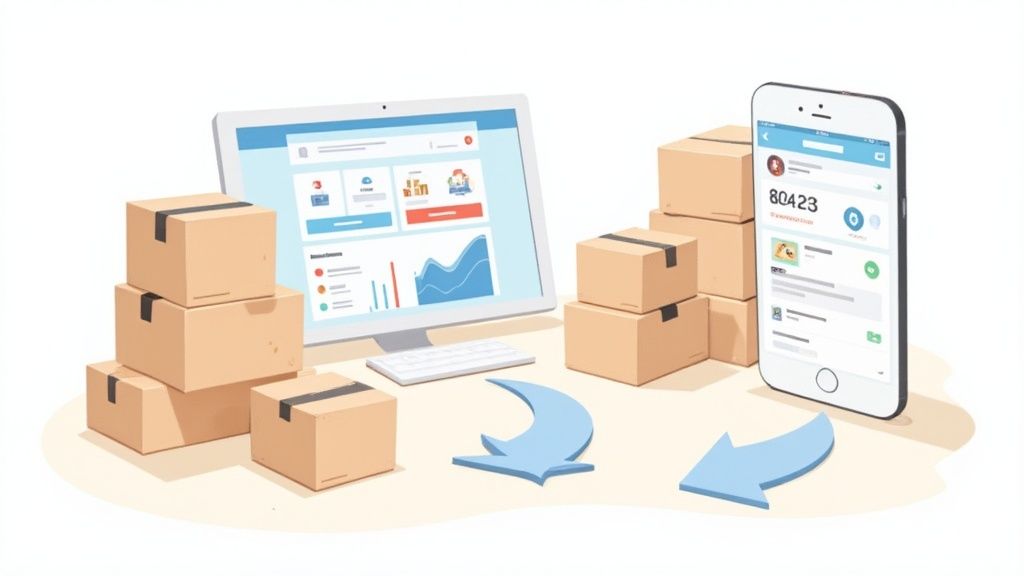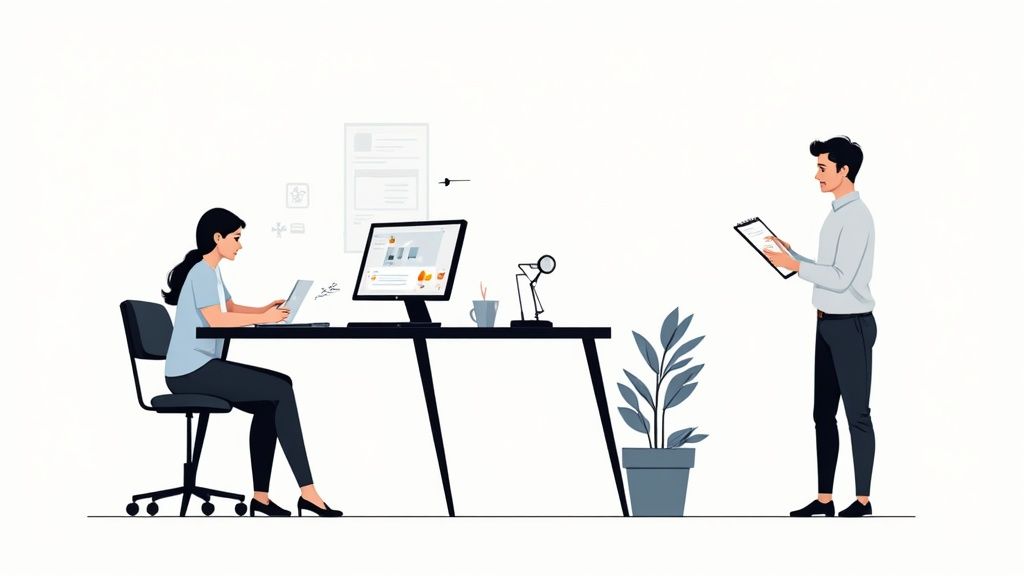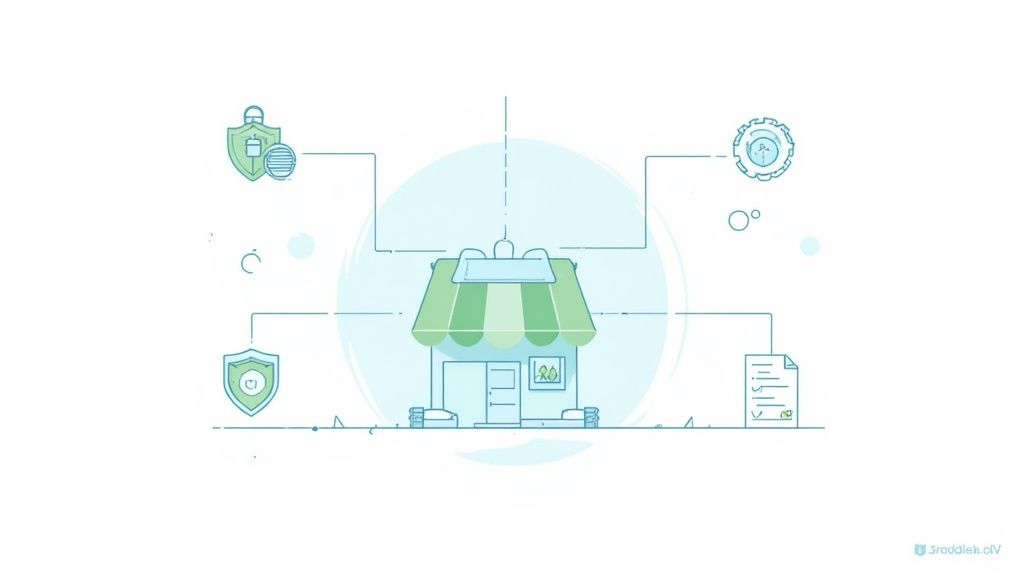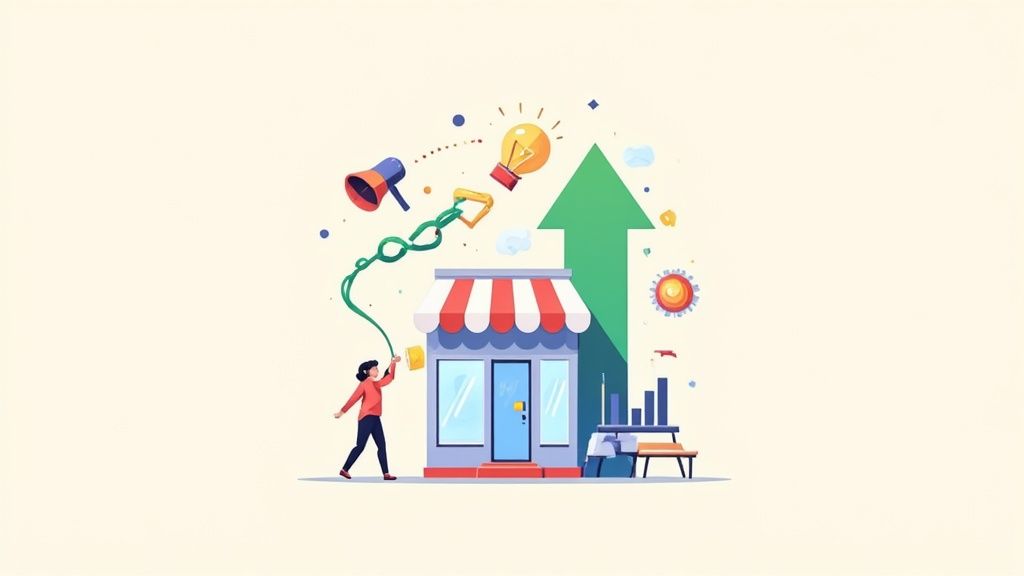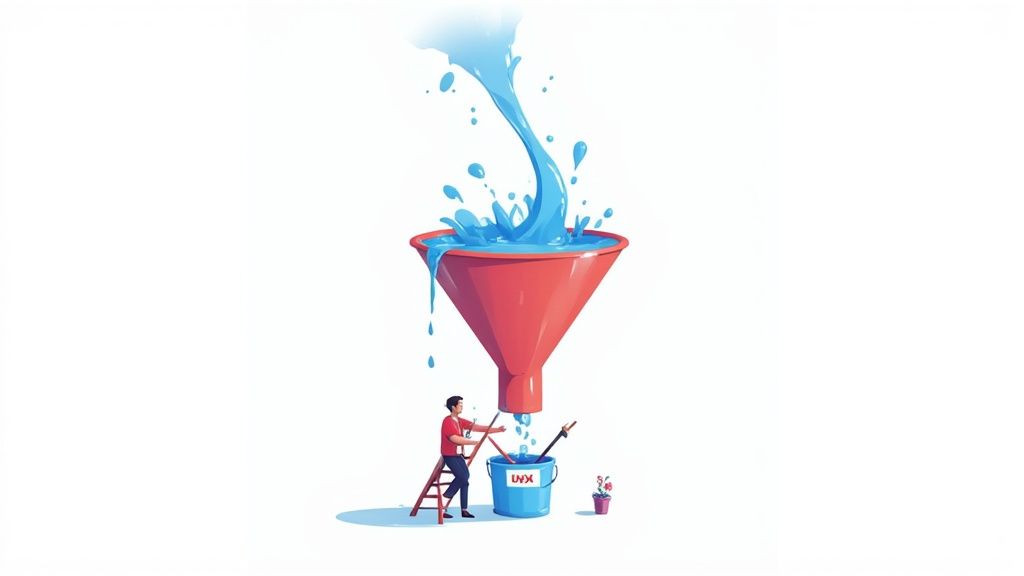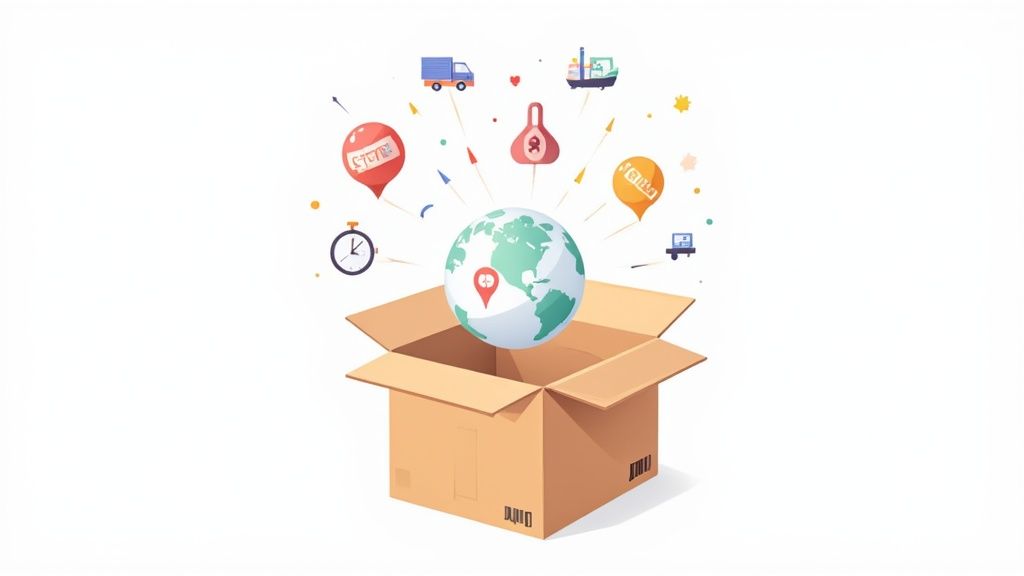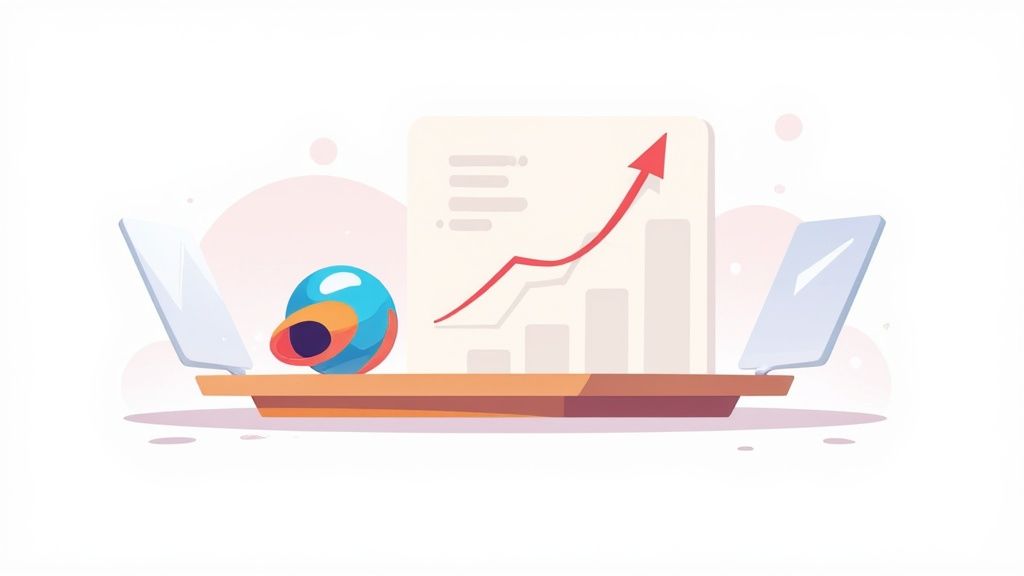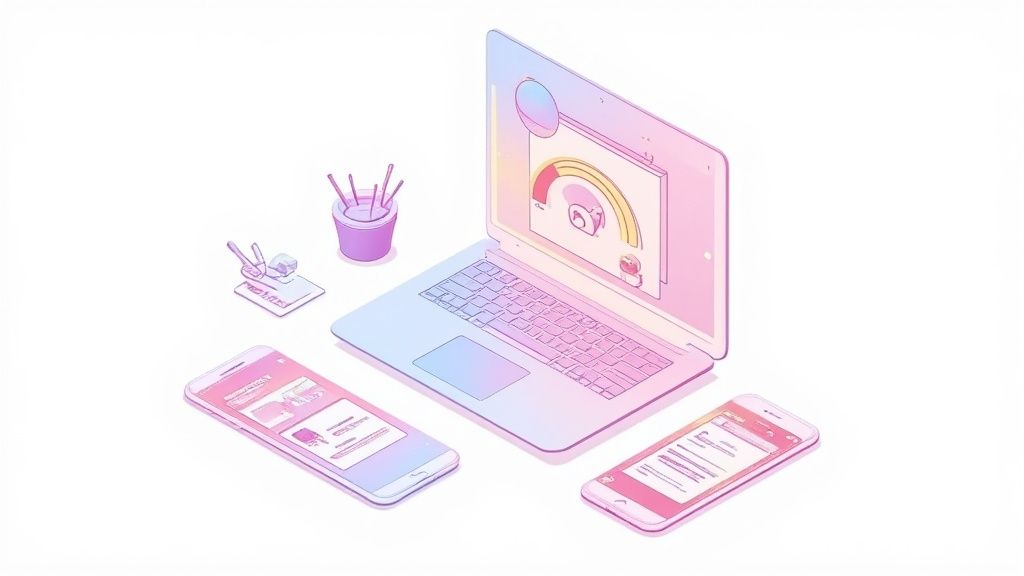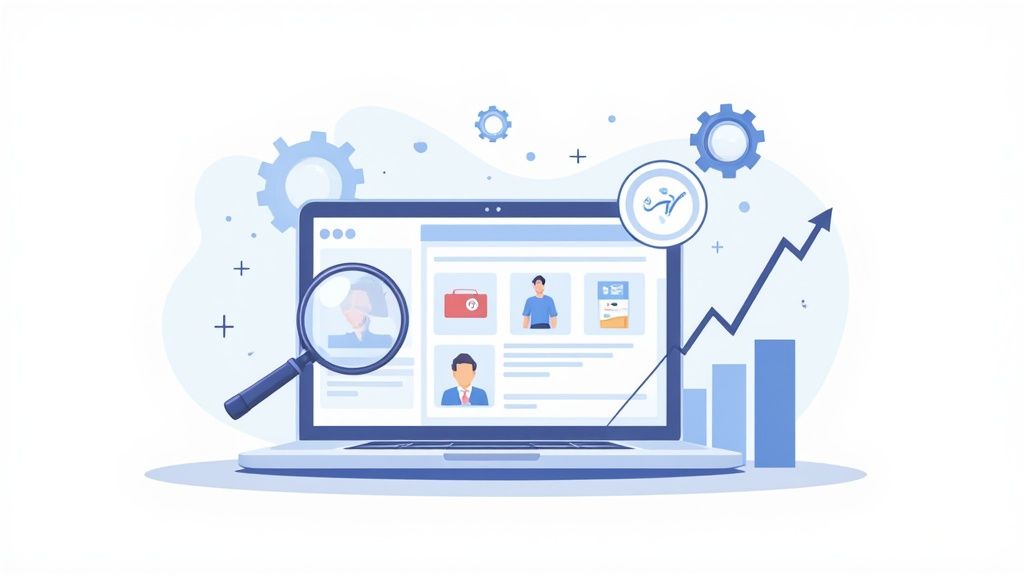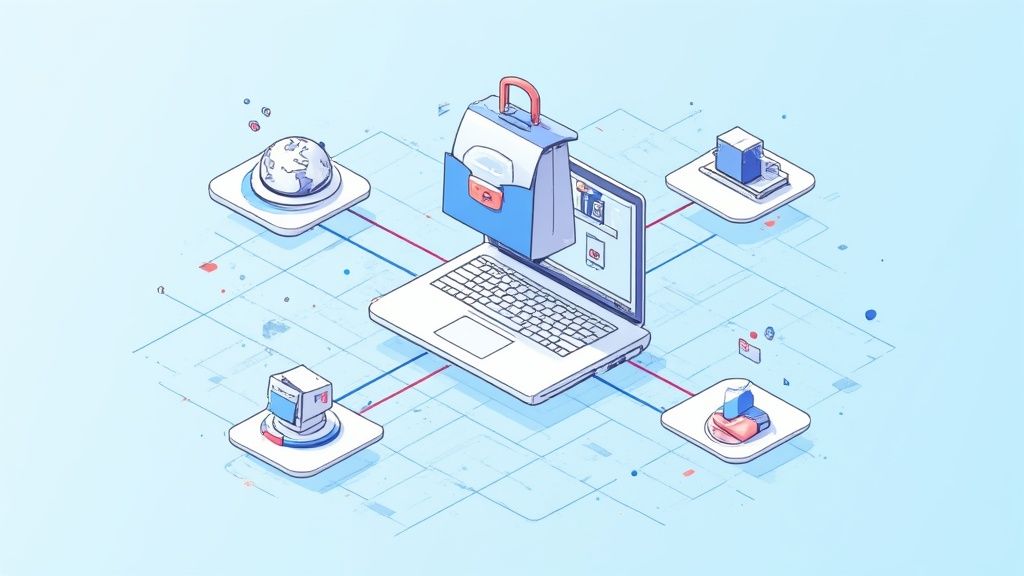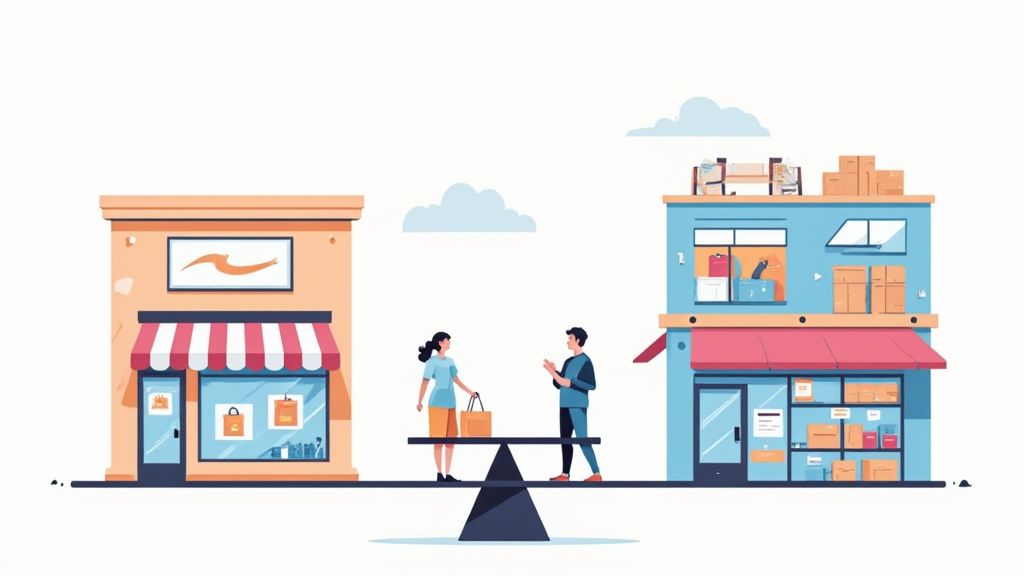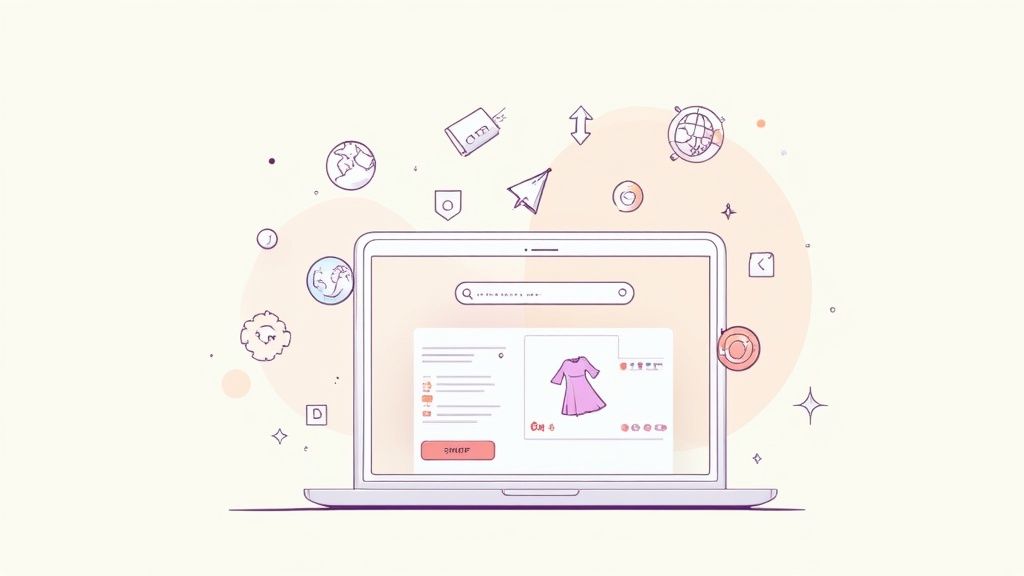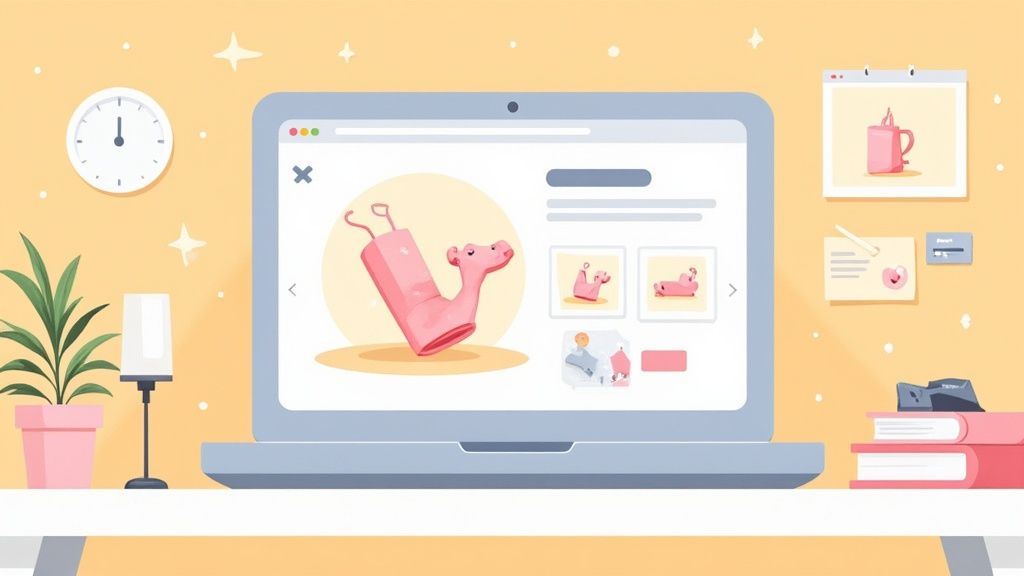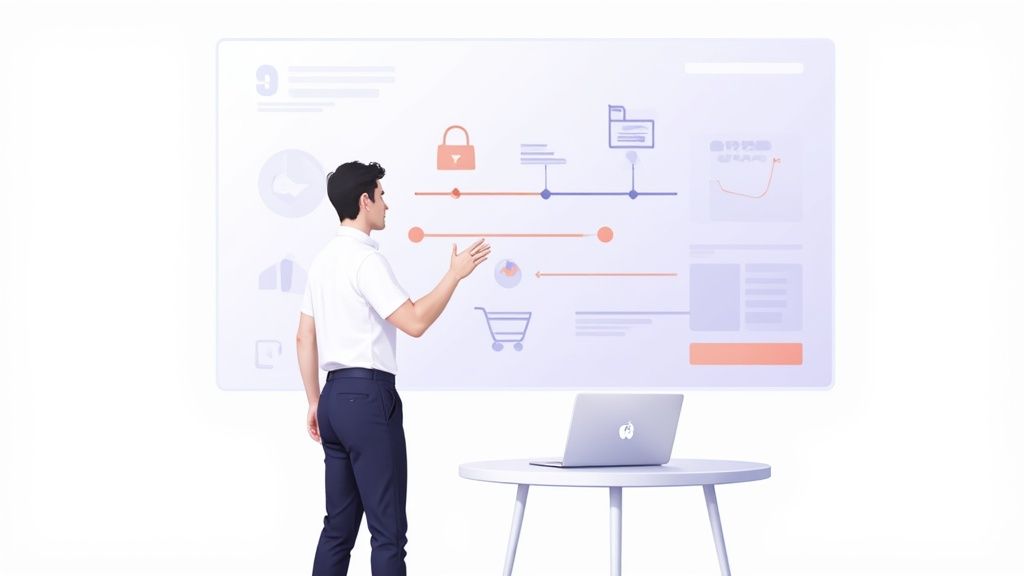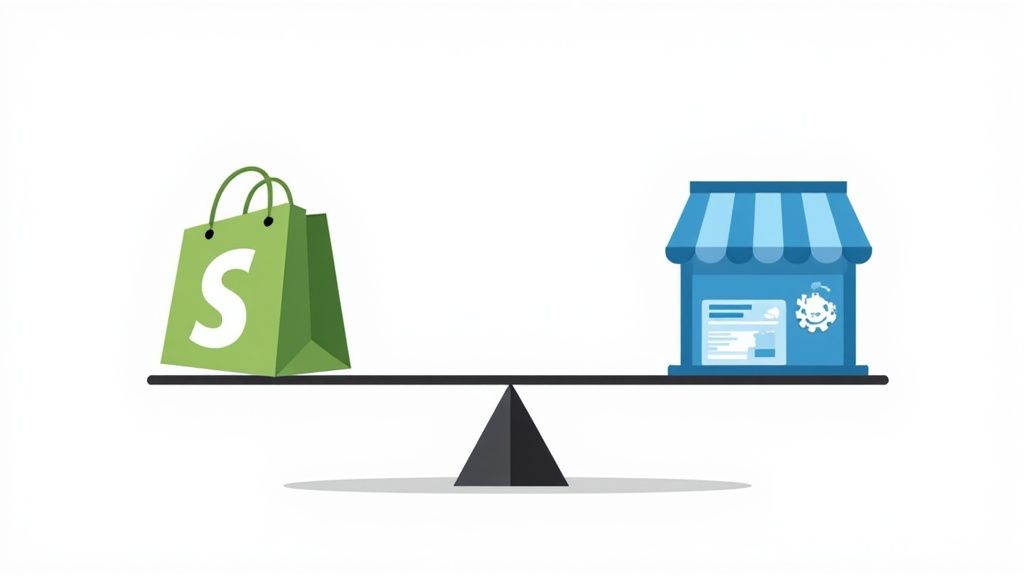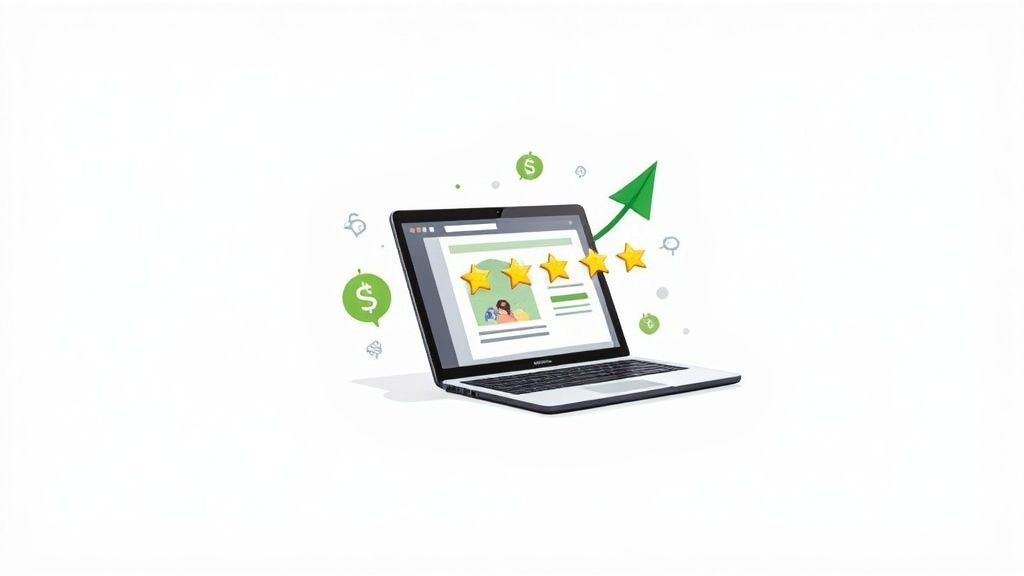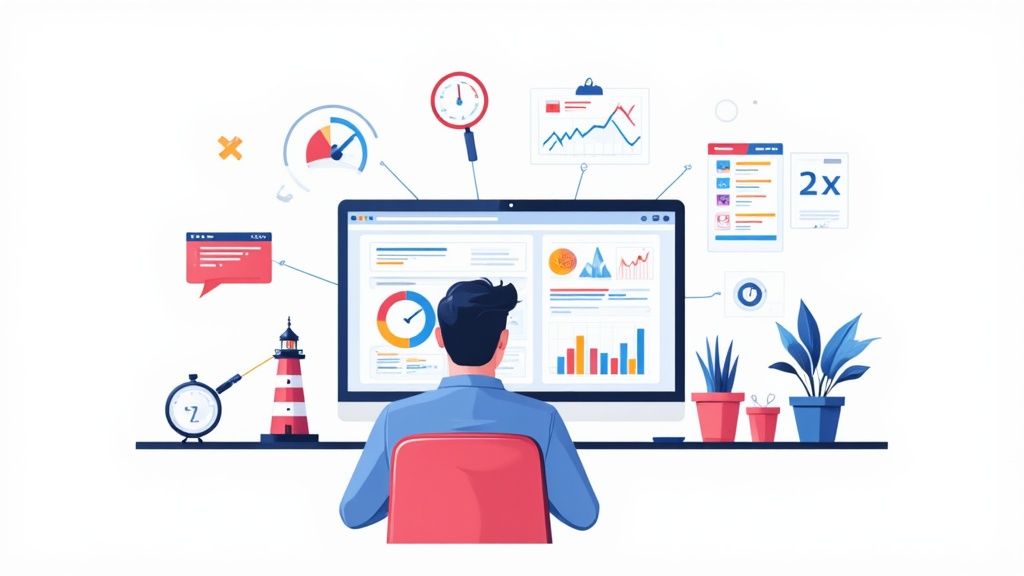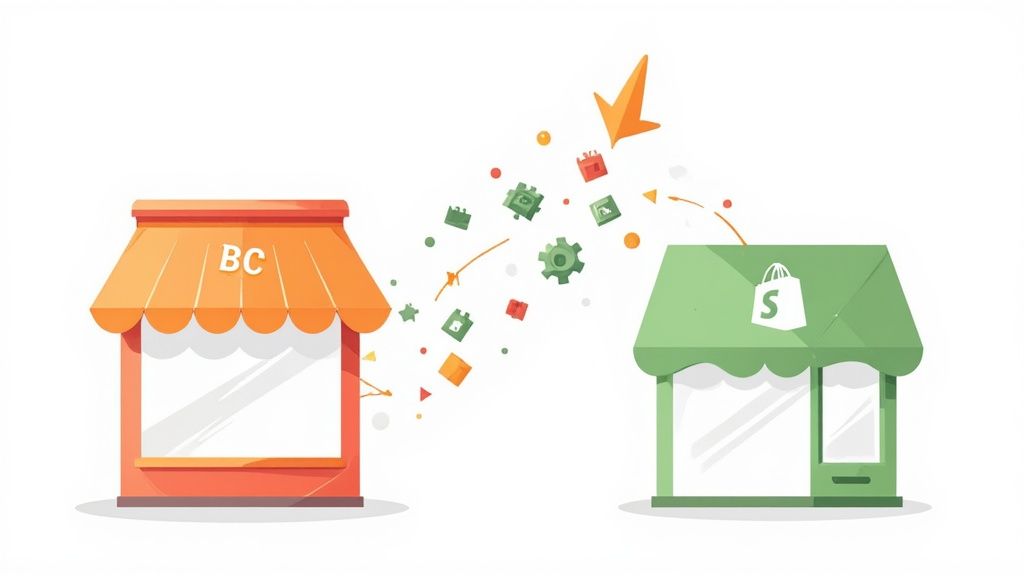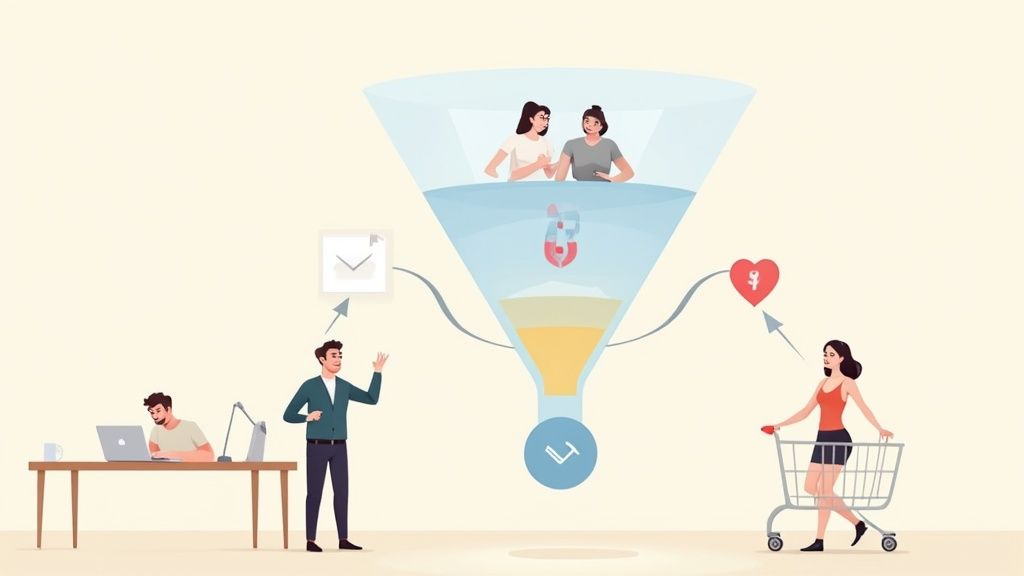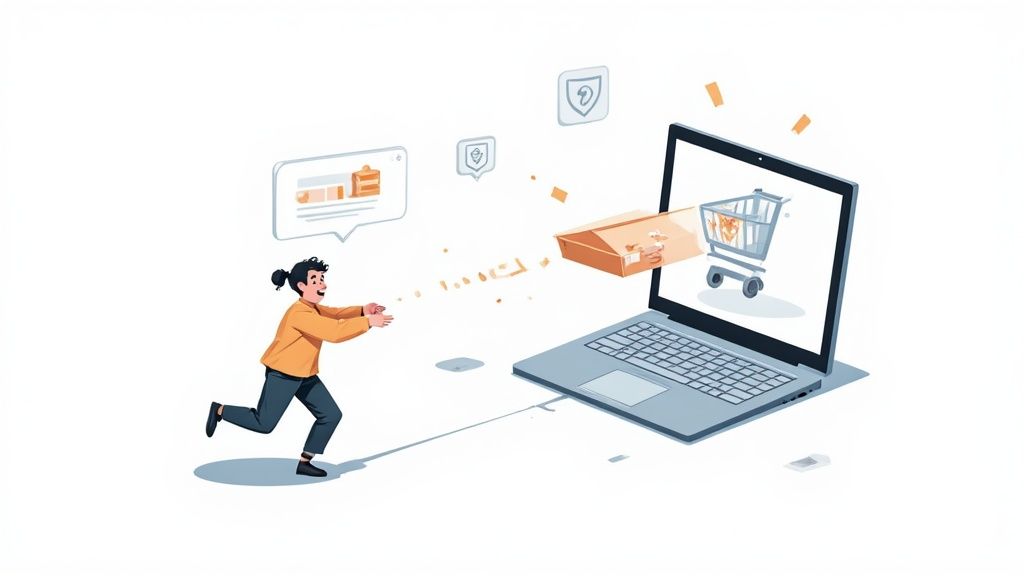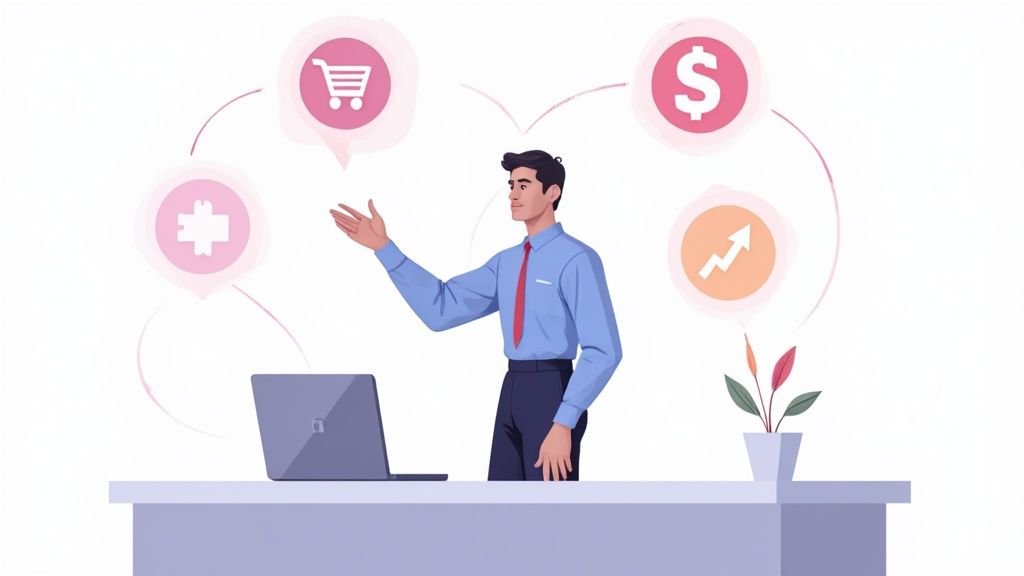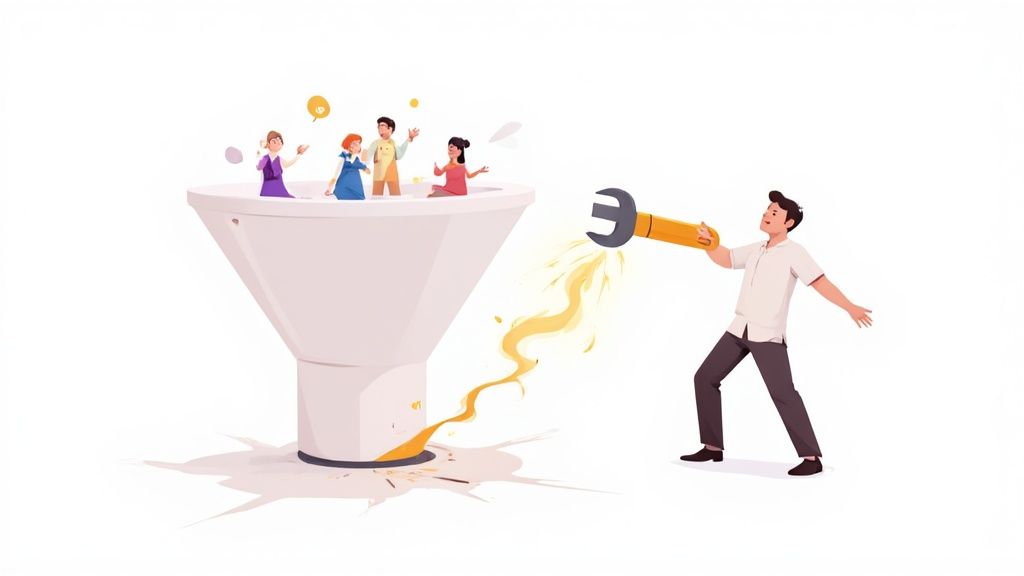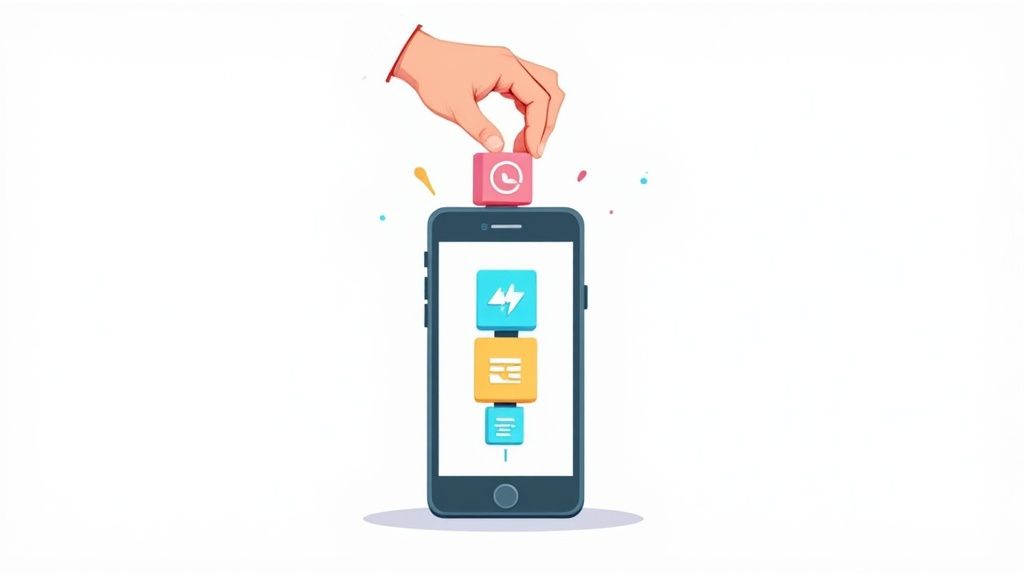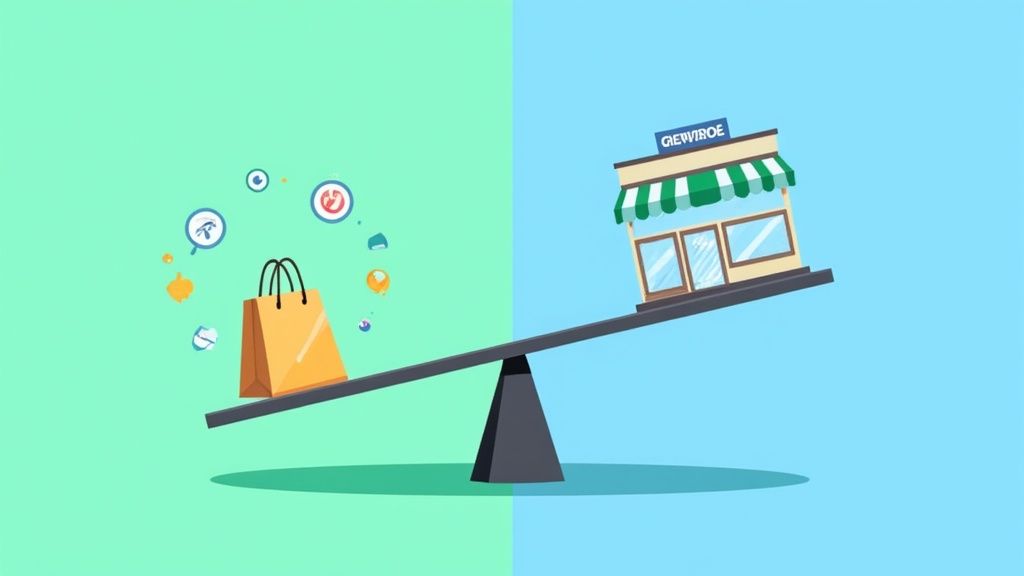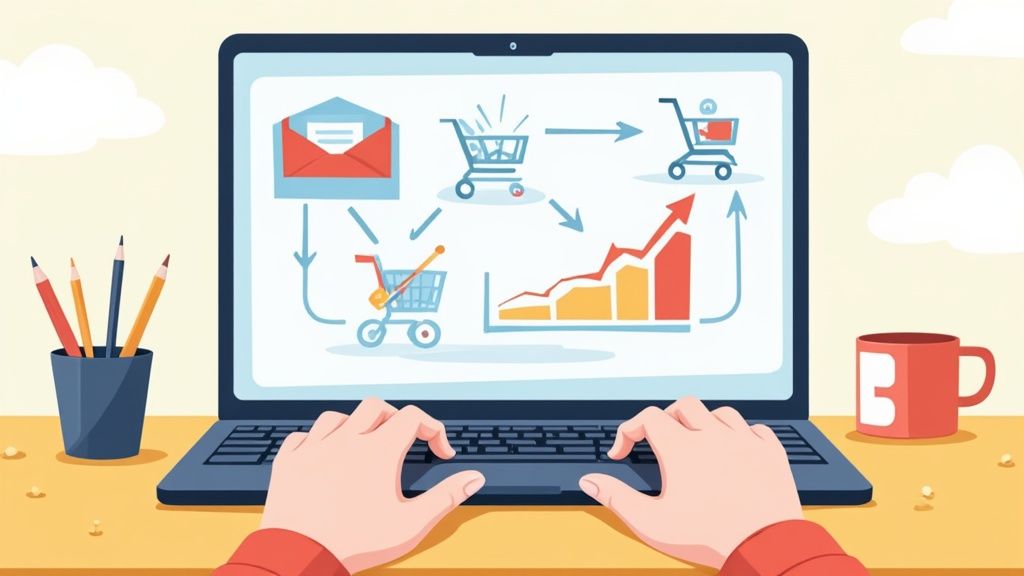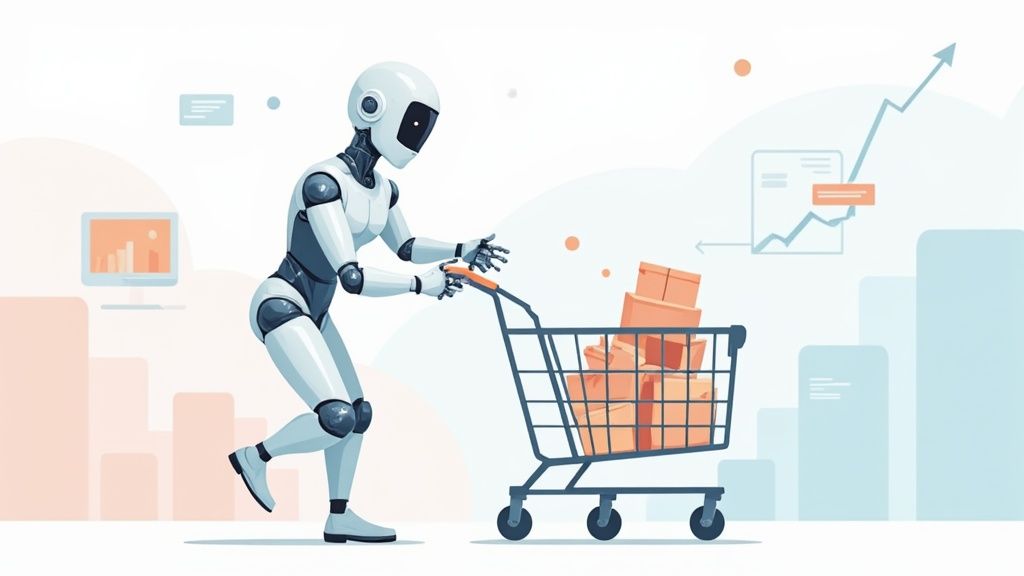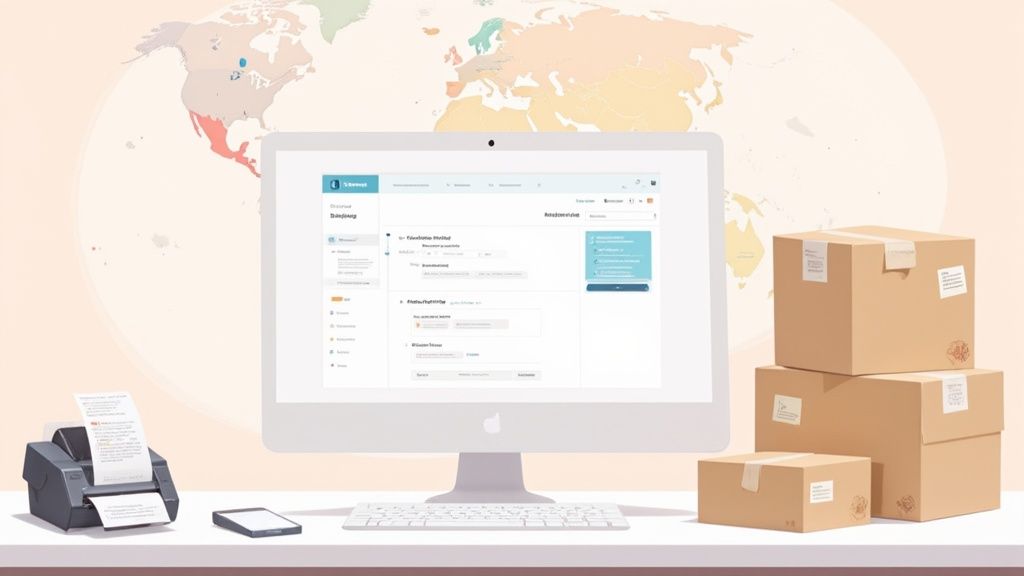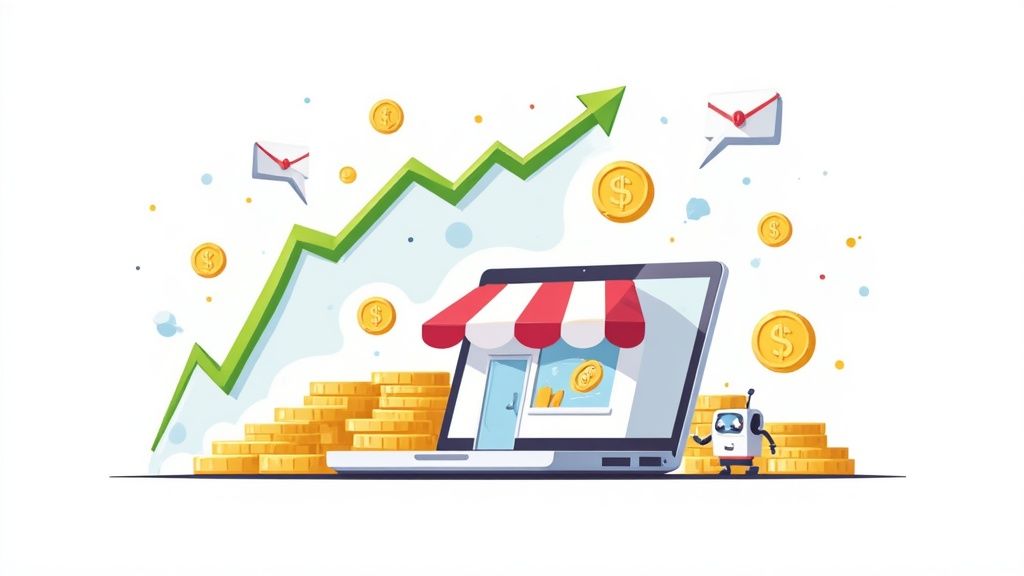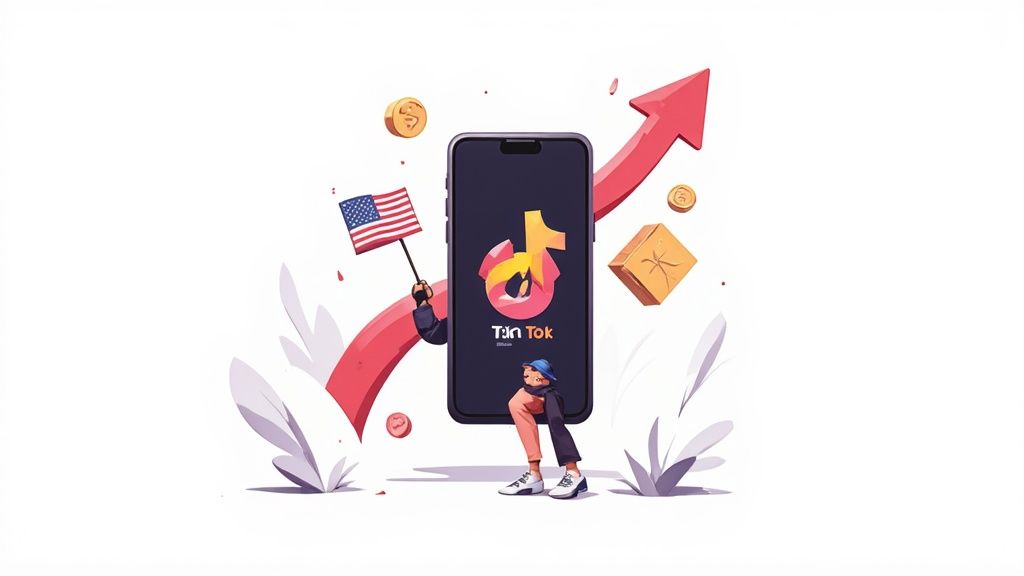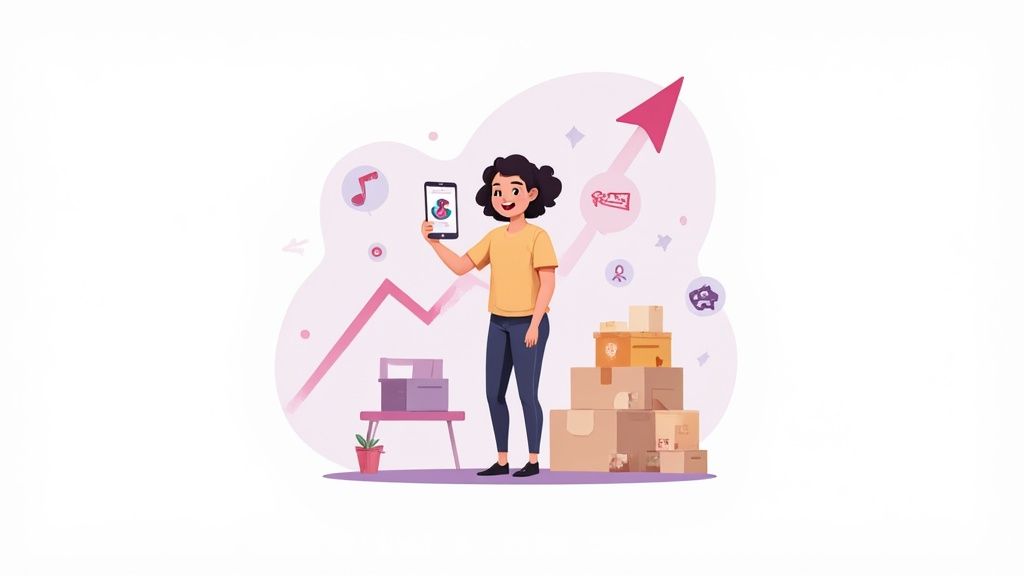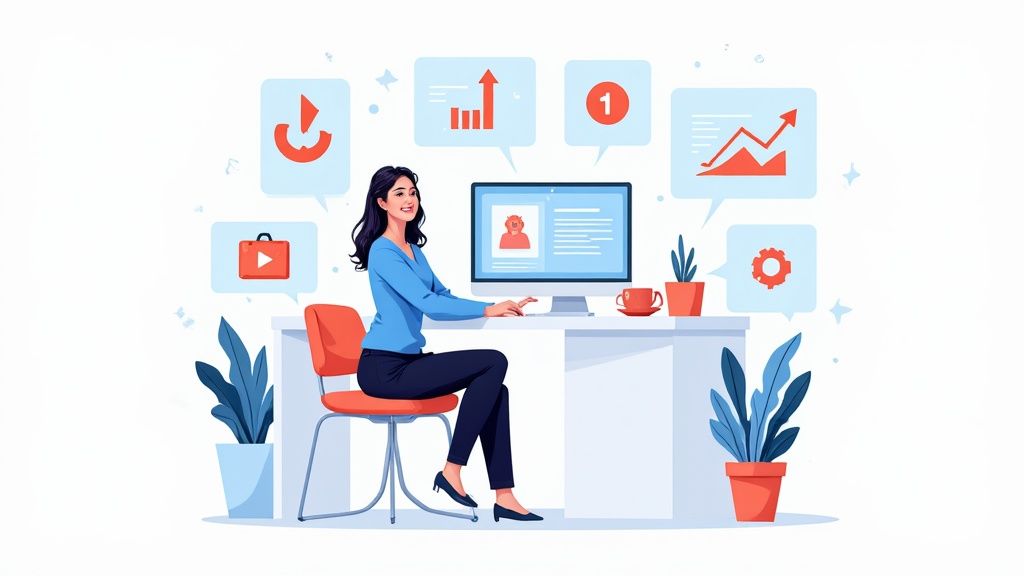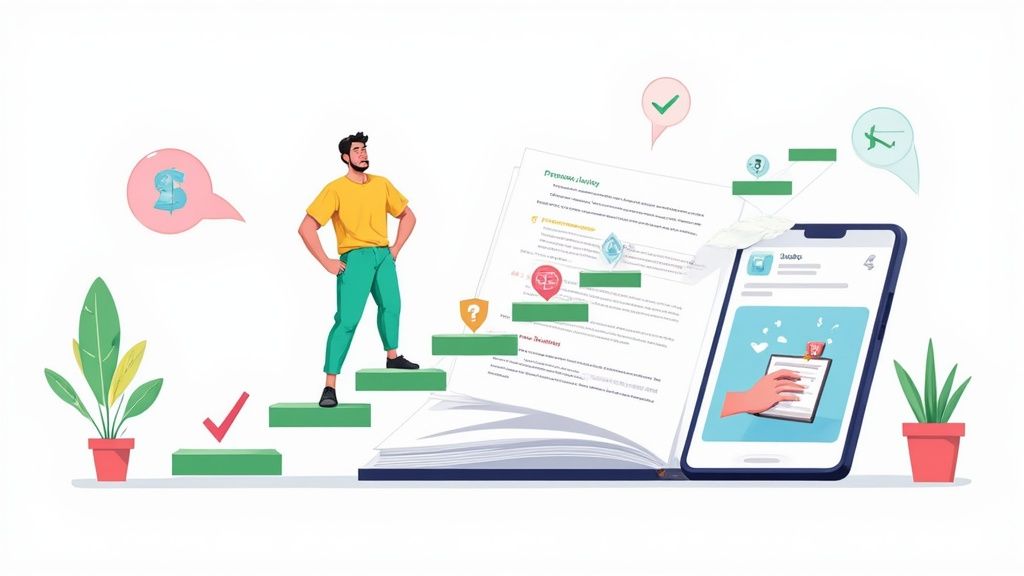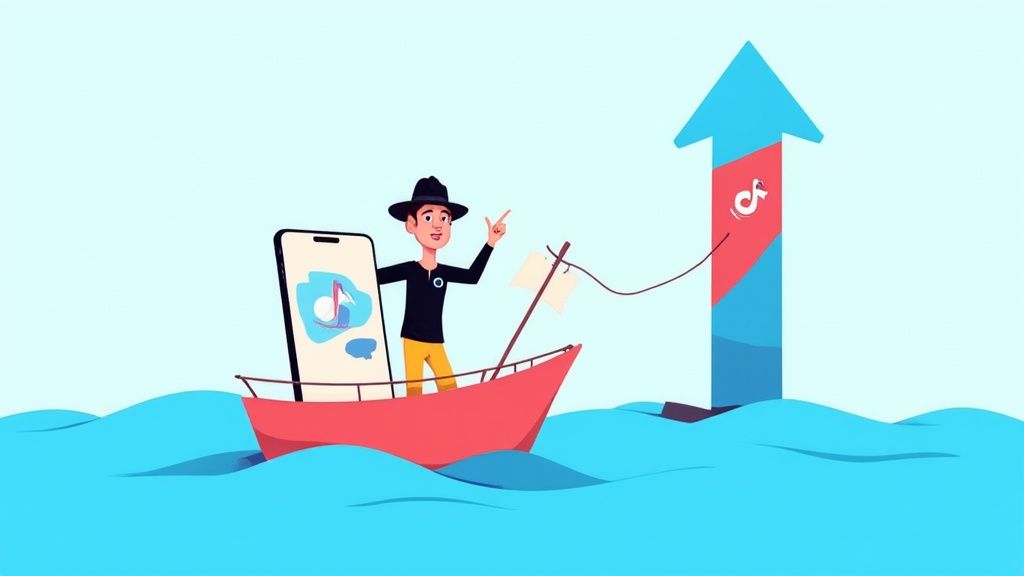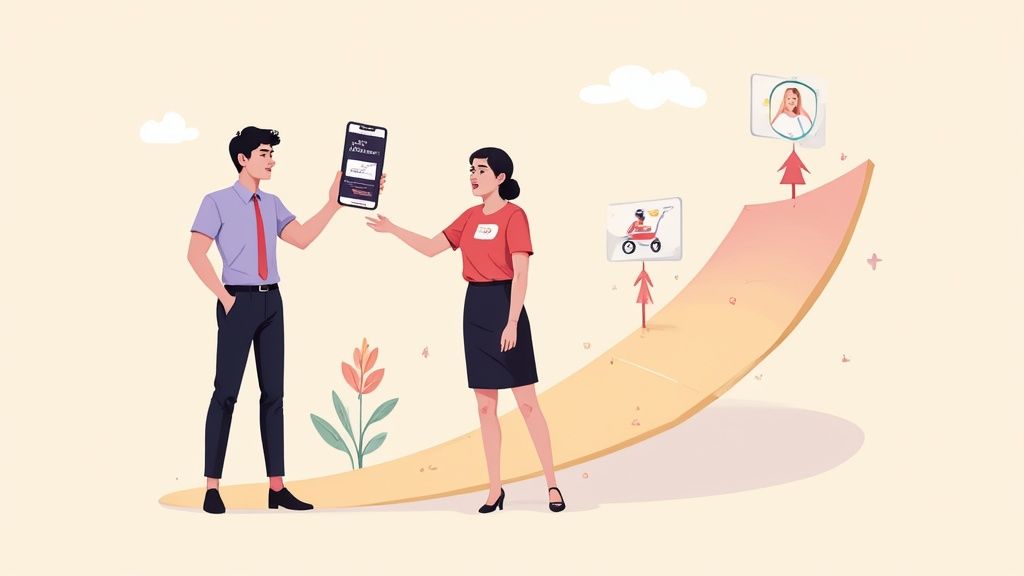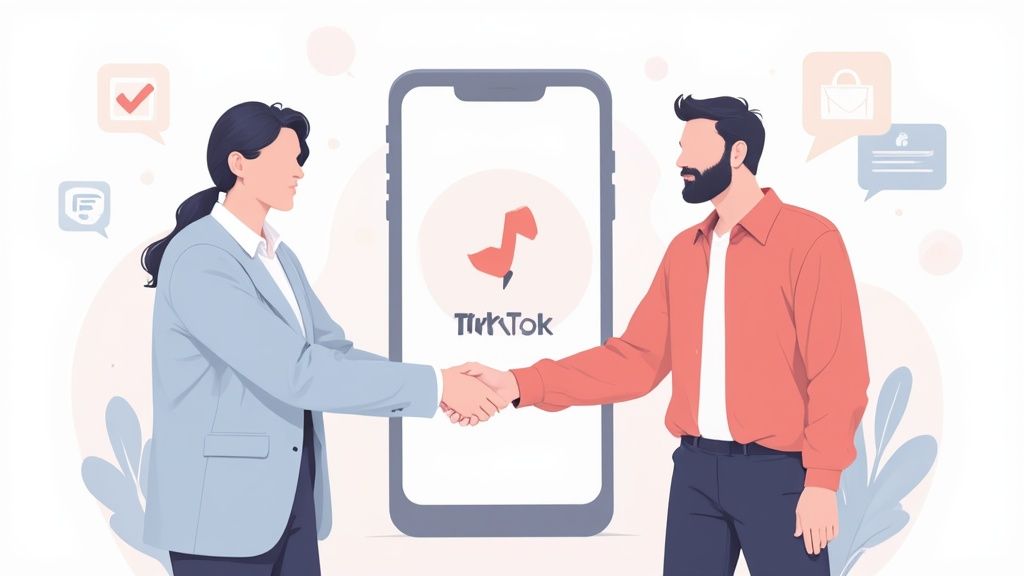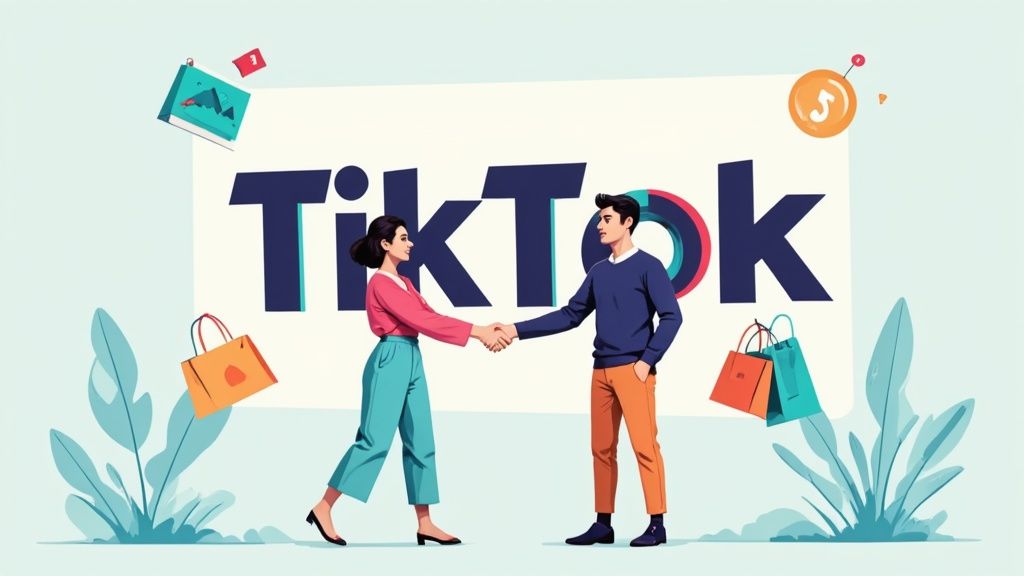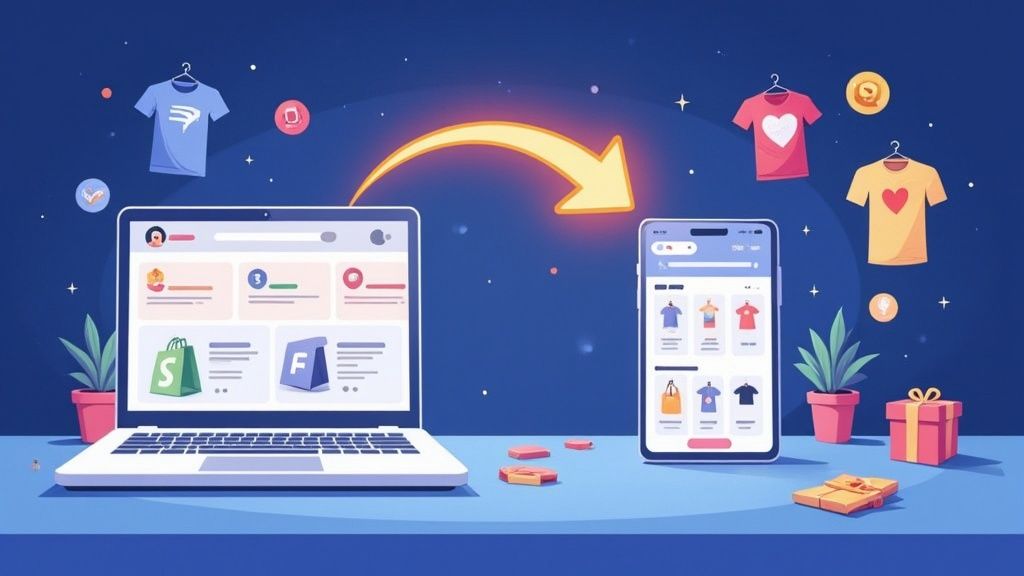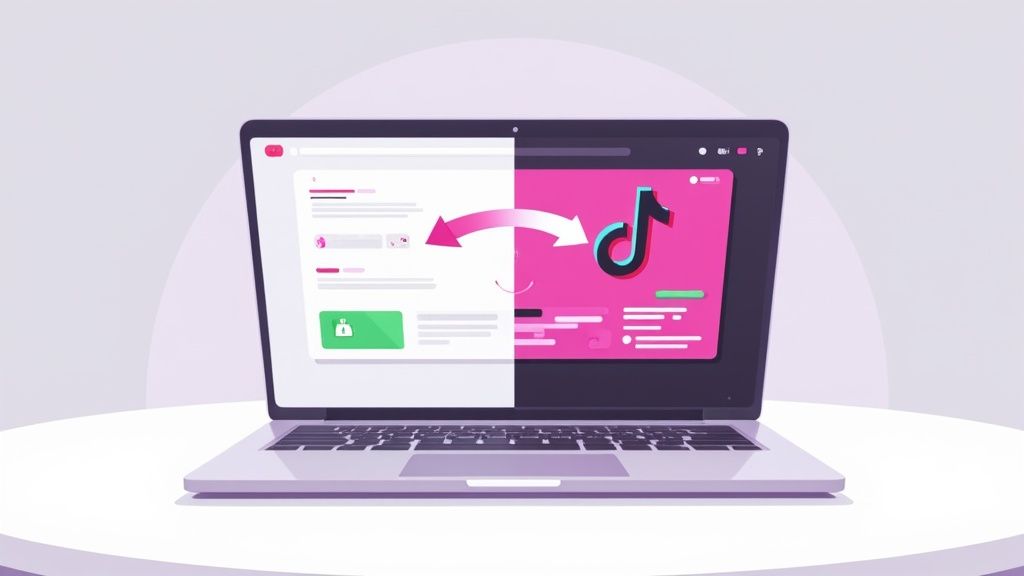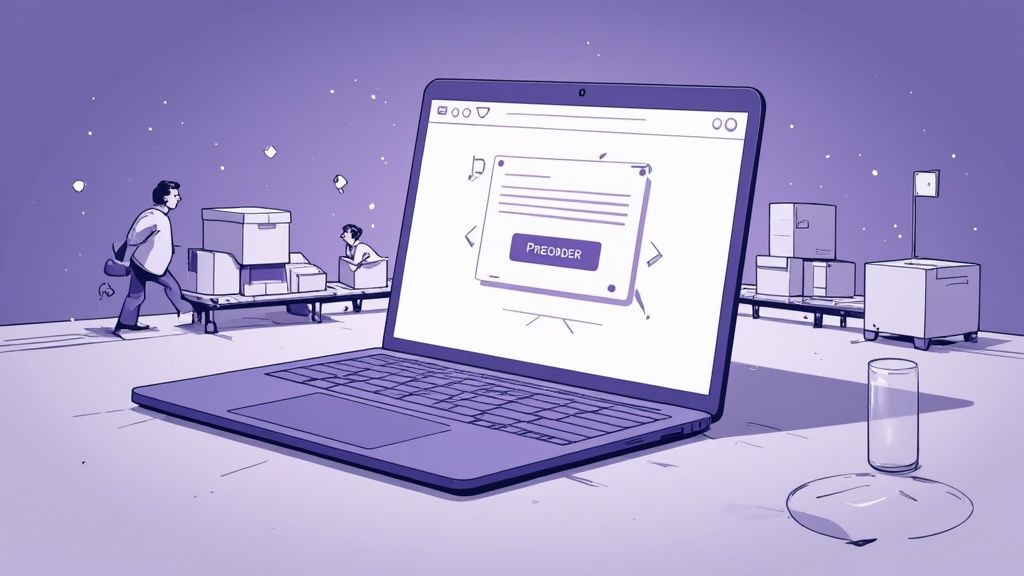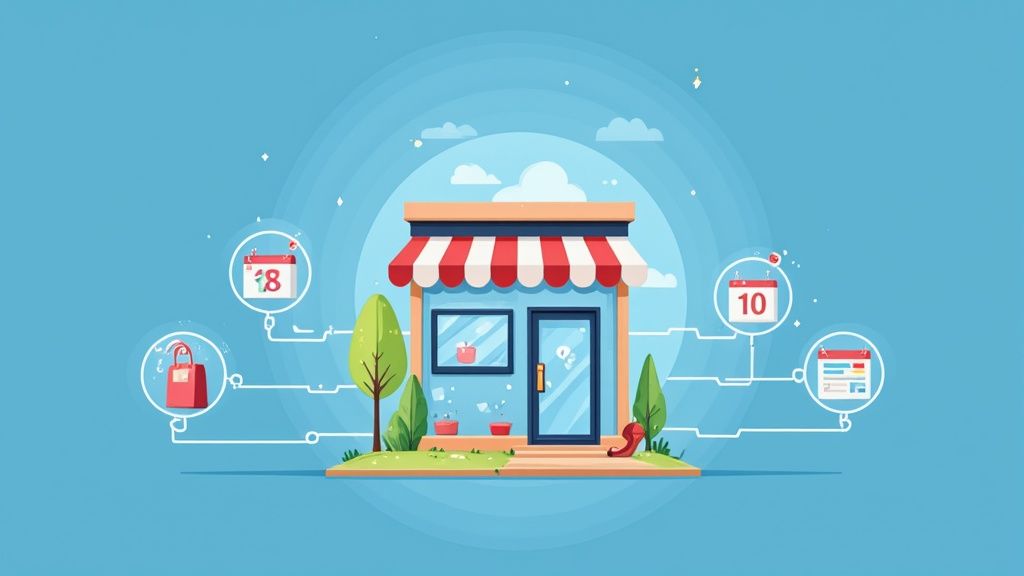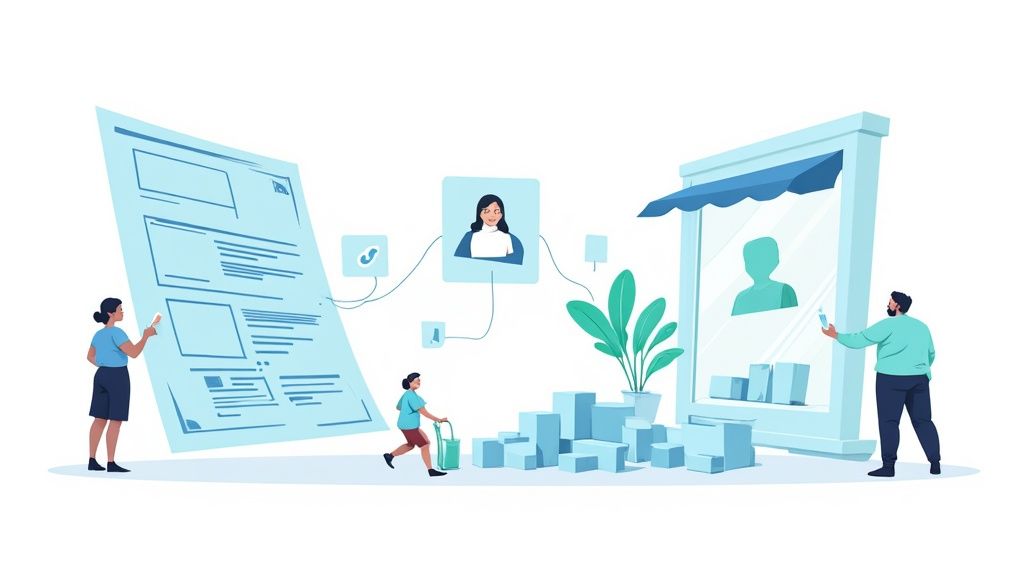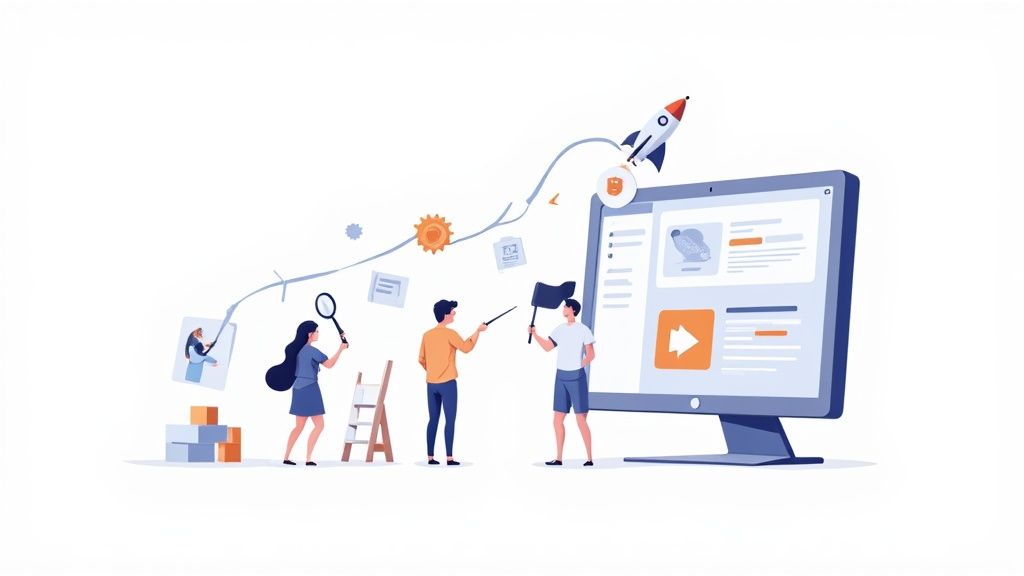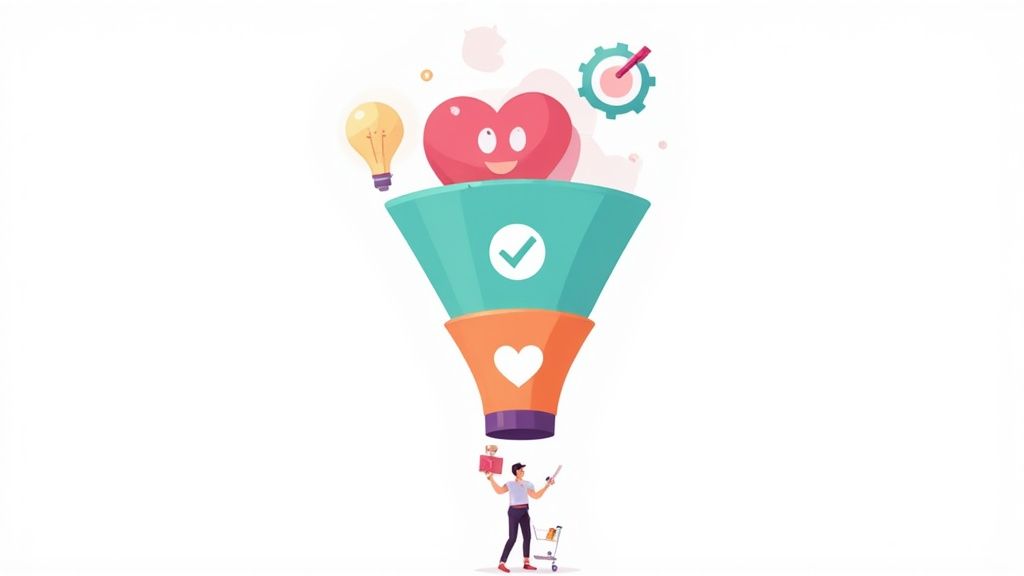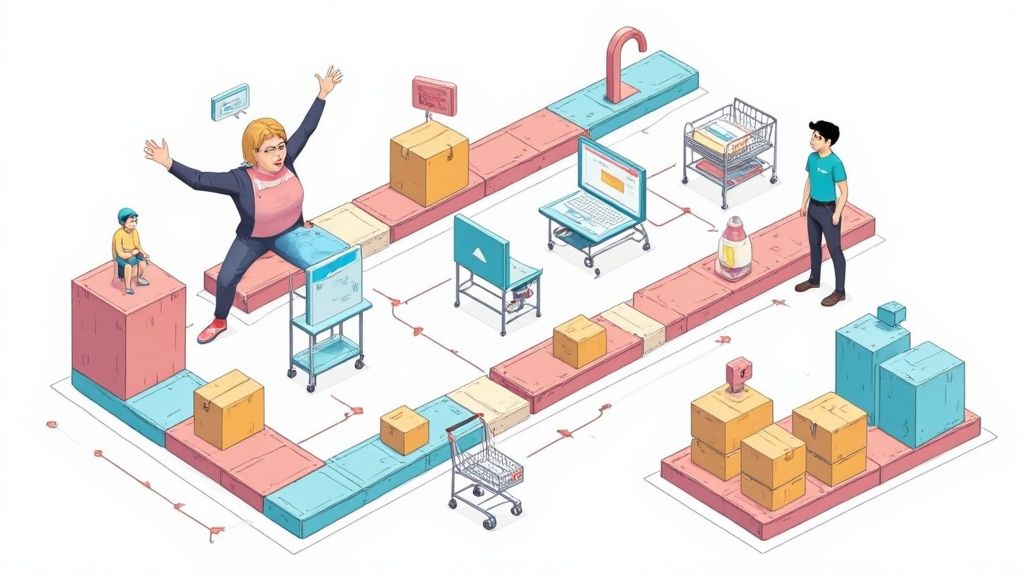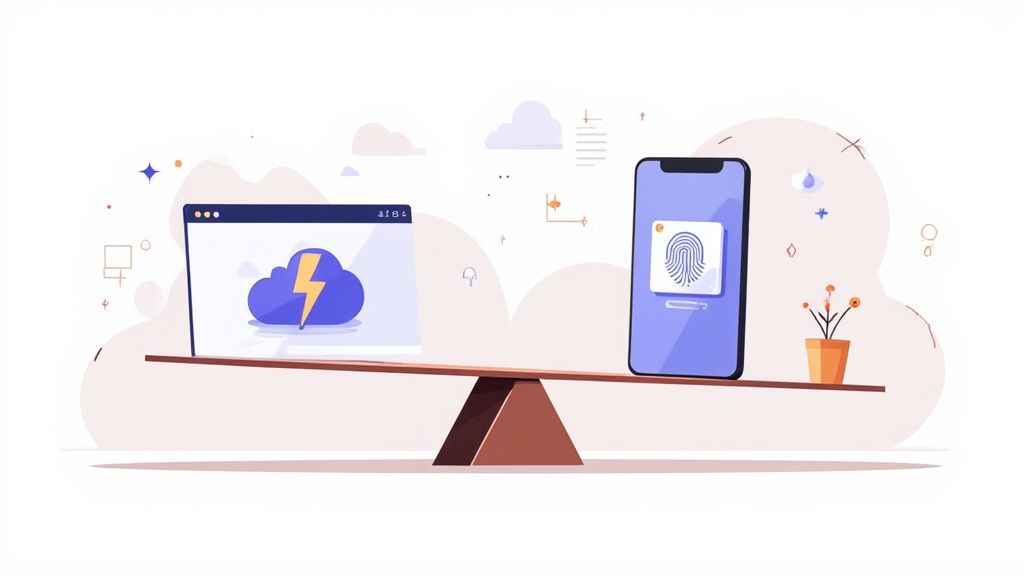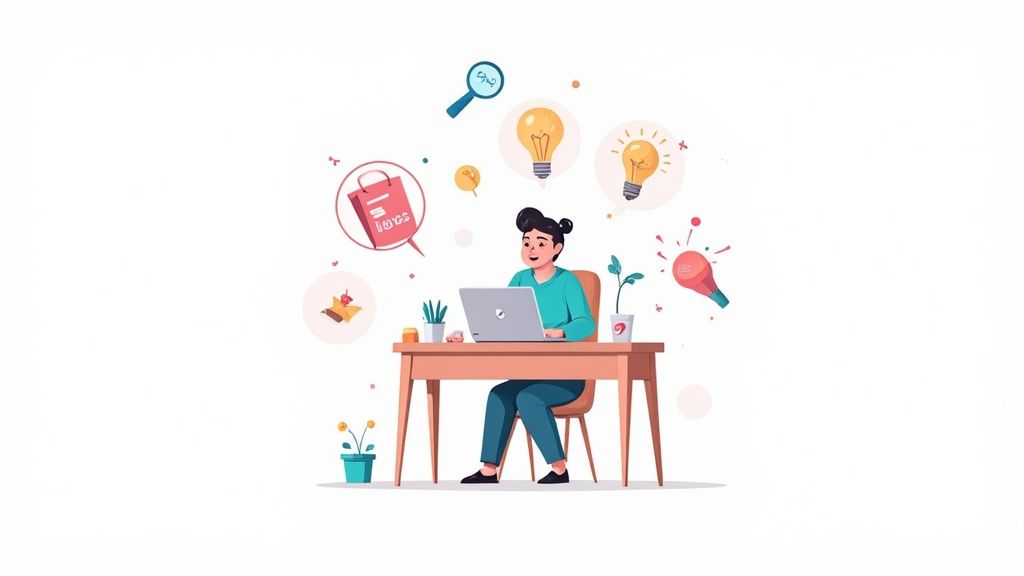
Understanding What Makes a True Shopify Expert

The best Shopify developers combine deep technical skills with strong business understanding. While many developers can build attractive websites, true experts know how to create online stores that turn browsers into buyers and drive real business growth. This blend of technical expertise and commercial awareness sets top Shopify developers apart from the rest.
Key Technical Skills of a Shopify Expert Developer
Successful Shopify developers need a well-rounded skill set that spans both front-end and back-end development. The core technical abilities include:
Liquid Programming: Expert knowledge of Shopify's Liquid templating language lets developers customize themes to match each brand's unique vision and needs. Like an artist with their tools, skilled developers use Liquid to craft pixel-perfect storefronts.
Theme Development & Customization: Beyond working with pre-made themes, top developers can build custom themes from scratch or extensively modify existing ones. They're comfortable diving deep into theme code while maintaining smooth functionality.
API Integrations: Connecting Shopify stores to essential business tools like CRM and marketing platforms requires strong API integration skills. For example, a developer might integrate loyalty program APIs to automatically reward repeat customers.
App Development: When existing apps don't fit the bill, expert developers can create custom applications to meet specific business requirements and add unique functionality that gives stores an edge.
The Business Acumen of a Top Shopify Developer
Great Shopify developers think beyond the code to focus on business impact. Their commercial understanding shows up in several ways:
Understanding Business Goals: They take time to grasp your business objectives, target market, and overall strategy. Rather than just building what's requested, they develop solutions that align with your goals.
Problem-Solving Approach: When challenges arise, expert developers analyze root causes and propose strategic fixes that support long-term success rather than quick patches.
Focus on Returns: They understand how development choices affect business results. This means prioritizing work that boosts conversions, increases sales, and improves customer experience - like speeding up page loads or streamlining checkout flows.
Finding a Shopify developer who combines technical excellence with business savvy can help take your online store to new heights. Look beyond basic coding skills to find a partner who grasps your vision and can turn it into reality. The right long-term development relationship becomes a key driver of ecommerce success.
Navigating Developer Costs and ROI

When hiring a Shopify expert developer, understanding costs helps you make smart decisions about your investment. Beyond just looking at price tags, you need to consider how factors like skill level, project complexity, and location affect the final cost. This knowledge enables you to budget effectively and ensure your investment drives real business results.
Factors Influencing Shopify Expert Developer Costs
Let's break down the key elements that determine what you'll pay for a Shopify expert developer:
Expertise Level: Just like in any field, experience commands higher rates. A veteran Shopify developer who can handle complex integrations and custom apps might charge $95/hour, while someone newer focusing on basic theme tweaks could charge $15/hour. This reflects the deeper knowledge needed for advanced work.
Project Complexity: The scope of work directly impacts cost. Simple theme changes cost less than building a custom theme or developing a specialized app. For example, a full eCommerce store build typically ranges from $5,000 to $25,000, while custom theme development usually falls between $500 and $2,000.
Geographic Location: Developer rates vary widely by region based on local costs and market rates. North American developers, particularly in the US and Canada, often charge $50-150 per hour. In contrast, Asian developers might charge $20-45 per hour. This gives you options to balance quality and budget when selecting talent.
Pricing Models: Different payment structures suit different projects. Fixed-price agreements work well for clearly defined projects, giving you predictable costs. Hourly rates offer flexibility for evolving projects or ongoing maintenance. This lets you adapt as your needs change while keeping your developer aligned with your goals.
Maximizing ROI With Your Shopify Expert Developer
To get the most value from your developer investment, focus on these key areas:
Clearly Defined Objectives: Start by knowing exactly what you want to achieve. Whether it's boosting sales, improving site speed, or streamlining checkout, clear goals help your developer deliver measurable results. For instance, if conversion rate optimization is your priority, focus on checkout improvements and page load times.
Thorough Vetting Process: Don't choose based on price alone. Take time to review portfolios, check references, and assess communication skills. Look for developers who understand your business goals and have proven success with similar projects. This careful selection process helps ensure quality work that meets your needs.
Ongoing Communication: Keep dialogue open throughout the project. Regular updates and feedback sessions prevent misunderstandings and keep work on track. Address concerns quickly and make sure development stays focused on your business objectives.
Understanding these cost factors and following these ROI strategies helps you make smart choices when investing in a Shopify expert developer. This focused approach ensures your investment directly supports your store's growth and success in the competitive online retail space.
Essential Skills That Separate Elite Developers

Beyond basic technical and business knowledge, exceptional Shopify developers possess distinct skills that set them apart. Their deep understanding of eCommerce enables them to identify potential roadblocks early, create effective solutions, and consistently deliver outstanding results for clients.
Technical Mastery for the Modern Shopify Store
Today's online stores require developers who can handle complex technical challenges effectively. Key areas of expertise include:
Headless Commerce Proficiency: Top developers go beyond standard Shopify development by mastering headless commerce architecture. This allows them to create custom front-end experiences that integrate smoothly with various platforms, giving businesses more options to grow and adapt.
Advanced API Integrations: While most developers work with APIs, experts excel at connecting complex systems in creative ways. For example, they can build a fully automated store by connecting inventory management, customer data, and marketing tools to work together seamlessly.
Performance Optimization Expertise: Speed matters for online stores - slow loading times directly impact sales. Expert developers know how to fine-tune every aspect of site performance through image optimization, code efficiency, and smart caching strategies to create lightning-fast shopping experiences.
Beyond the Code: Soft Skills and Strategic Thinking
Technical skills are just one part of being an outstanding Shopify developer. Equally important are:
Proactive Problem Solving: Instead of just fixing issues as they arise, leading developers anticipate and prevent potential problems. They regularly review systems, identify weak points, and strengthen them before they cause disruptions.
Effective Communication: The best developers excel at explaining complex technical concepts in clear, simple terms. They keep clients informed and involved throughout projects, ensuring everyone understands key decisions and progress.
Data-Driven Decision Making: Expert developers base their choices on solid data rather than assumptions. They carefully track metrics that matter to the business, using analytics to guide development priorities and measure the impact of their work.
Working with a Shopify developer who combines deep technical expertise with these strategic abilities can significantly boost your store's success. They become valuable partners who help drive your business forward with both technical skill and business insight.
Creating Your Project Blueprint for Success

Starting or updating a Shopify store takes more than just finding a skilled developer. You need a clear project blueprint that maps out every step of the development process. This blueprint serves as your guide, outlining what needs to be built, key checkpoints along the way, and how everyone will stay in sync to reach your store's goals.
Defining Project Scope and Objectives
Start by getting specific about what you want to build. Do you need a basic online store to sell your products? A marketplace where multiple vendors can list items? Or are you looking to create a custom shopping experience using headless commerce? Being clear about these requirements helps developers give accurate estimates for timelines and costs. Set concrete targets too - like "increase sales by 15%" or "reduce abandoned carts by 10%" - so everyone knows what success looks like.
Setting Realistic Milestones and Timelines
Break down the big project into smaller, manageable pieces. Think of it like building a house - you start with the foundation before moving on to walls and rooms. For an online store, this might mean tackling theme design first, then adding product features, and finally integrating with other tools and apps. By creating clear milestones with realistic deadlines, your team can focus on one thing at a time and track progress effectively.
Establishing Effective Communication Channels
Regular, clear communication keeps projects running smoothly. Set up straightforward ways to stay in touch with your development team from day one. This could be weekly video calls, email updates, or using project management tools to track progress. Keep records of key decisions and agreements to prevent confusion later. When everyone knows how and when to communicate, developers can better anticipate needs and handle changes as they come up.
Managing Scope Changes and Expectations
Projects often need adjustments as they progress. When changes come up, look at how they'll affect your timeline and budget. Talk these through with your development team to find the best path forward. This helps prevent small tweaks from snowballing into major delays or cost overruns. For example, if you want to add a new feature, work with your team to see how it fits with existing priorities. Stay focused on your core business goals while being flexible enough to adapt when needed. This balance of structure and flexibility helps ensure your project delivers real value for your business.
Finding Your Perfect Development Partner
Your project's success depends on two key factors: a clear project plan and the right Shopify developer. Finding an expert developer who matches your needs can feel overwhelming at first. However, with a structured approach to evaluating candidates, conducting interviews, and assessing cultural alignment, you can identify the ideal development partner for your Shopify store.
Evaluating Potential Shopify Expert Developers
Start by building a strong pool of candidates through proven channels. The Shopify Experts Marketplace offers a vetted list of certified developers. You can also tap into professional networks like LinkedIn for recommendations from your connections. Look beyond just technical skills - the best Shopify developers understand both code and commerce. Review portfolios carefully to find developers who demonstrate both technical excellence and measurable business results.
Conducting Effective Interviews
Create a focused interview process to thoroughly evaluate promising candidates. Ask specific technical questions about their experience with Shopify APIs and performance optimization to gauge their expertise. Go deeper by discussing their problem-solving methods and how they handle project challenges. Strong candidates can explain their approach clearly using real examples from past work. Consider asking about their typical development workflow and how they stay current with Shopify's evolving platform.
Assessing Cultural Fit
While technical ability matters greatly, finding a developer who aligns with your work style and values is just as crucial. Pay attention to how candidates communicate during interviews. Do they listen carefully and ask thoughtful follow-up questions? Can they explain complex concepts in terms you understand? The right cultural match leads to smoother collaboration and better results. Look for developers who show genuine interest in your business goals beyond just the technical requirements.
Red Flags and Essential Questions
Watch for warning signs during your evaluation process. Be cautious of developers who promise unrealistic timelines or avoid discussing potential risks. Vague technical responses or lack of concrete experience should raise concerns.
Here's a table summarizing key warning signs and important questions to ask:
| Red Flags | Essential Questions |
|---|---|
| Unrealistic timelines | "Can you walk me through your project estimation process?" |
| Avoiding discussion of risks | "What are some potential challenges you foresee with this project?" |
| Vague answers to technical questions | "Can you share a specific example of a complex Shopify project you've completed?" |
| Lack of demonstrable experience | "Can you provide references or case studies showcasing your Shopify expertise?" |
Following these guidelines helps you confidently choose a Shopify developer who can turn your vision into reality. The right developer becomes more than just a technical resource - they serve as a strategic partner in growing your online store. Take time to find someone who truly understands both Shopify's capabilities and your business needs. This careful selection process pays dividends through a stronger store and sustainable growth.
Managing Development Projects Like a Pro
A clear project plan is essential when working with a Shopify developer. Beyond just outlining goals, you need active management throughout the development process to ensure your investment delivers real business growth.
Defining Clear Communication Channels and Expectations
Good communication forms the foundation of successful development projects. Start by setting up specific channels like weekly video calls, email updates, or project management tools. Asana or Trello work well for tracking tasks and progress while keeping everyone in sync. Make sure to document key decisions and agreements to prevent misunderstandings later. This helps your developer fully understand and execute your vision.
Implementing Effective Quality Control Measures
Quality control should happen continuously, not just at the end. Build in regular testing and review cycles to catch issues early before they become bigger problems. While your developer tests code functionality, you should evaluate the store experience and alignment with business objectives. This team approach ensures the final product meets both technical standards and business needs.
Maintaining Productive Relationships With Your Development Team
Building a positive working relationship with your developer leads to better results. See them as a collaborative partner rather than just a service provider. Keep communication open, show appreciation for their work, and provide constructive feedback. A foundation of mutual trust and understanding helps drive project success.
Handling Revisions and Scope Changes Effectively
Changes often come up during eCommerce projects. Create a clear process for managing revisions by documenting requested changes, evaluating their impact on timelines and budgets, and getting formal approval. Just like developers use version control for code, this structured approach prevents scope creep and keeps projects on track. For example, when considering a new feature request, work with your developer to assess how it fits with existing priorities.
Taking this thoughtful approach to project management helps ensure successful outcomes. Clear communication, consistent quality checks, strong relationships, and smart change management let you get the most value from working with a developer. The result is a Shopify store that works well technically and helps grow your business.
Looking for a Shopify expert developer to bring your vision to life? ECORN offers a dynamic blend of expertise and experience, providing scalable solutions for businesses of all sizes. From custom theme development to complex API integrations, ECORN's team of dedicated Shopify specialists is ready to help you achieve your eCommerce goals. Visit https://www.ecorn.agency/ to learn more and explore how ECORN can transform your online store.






